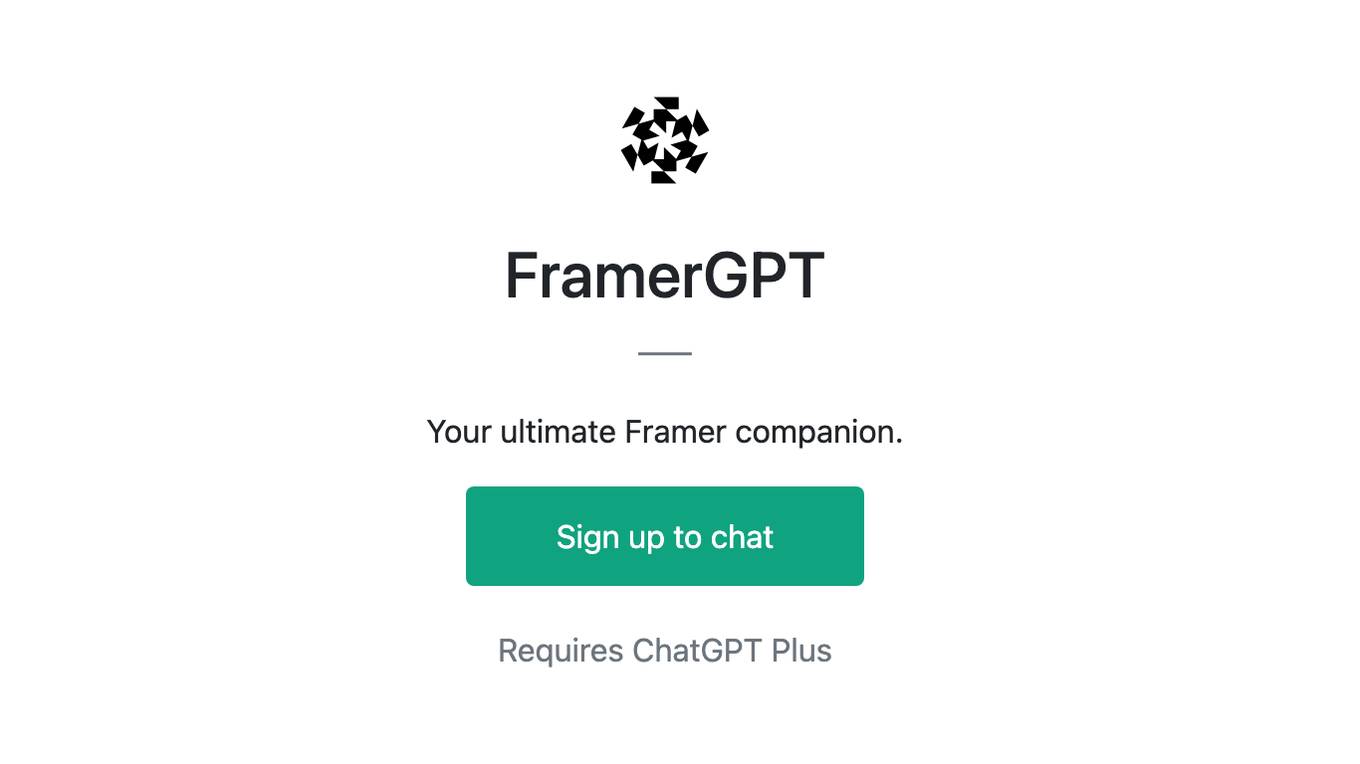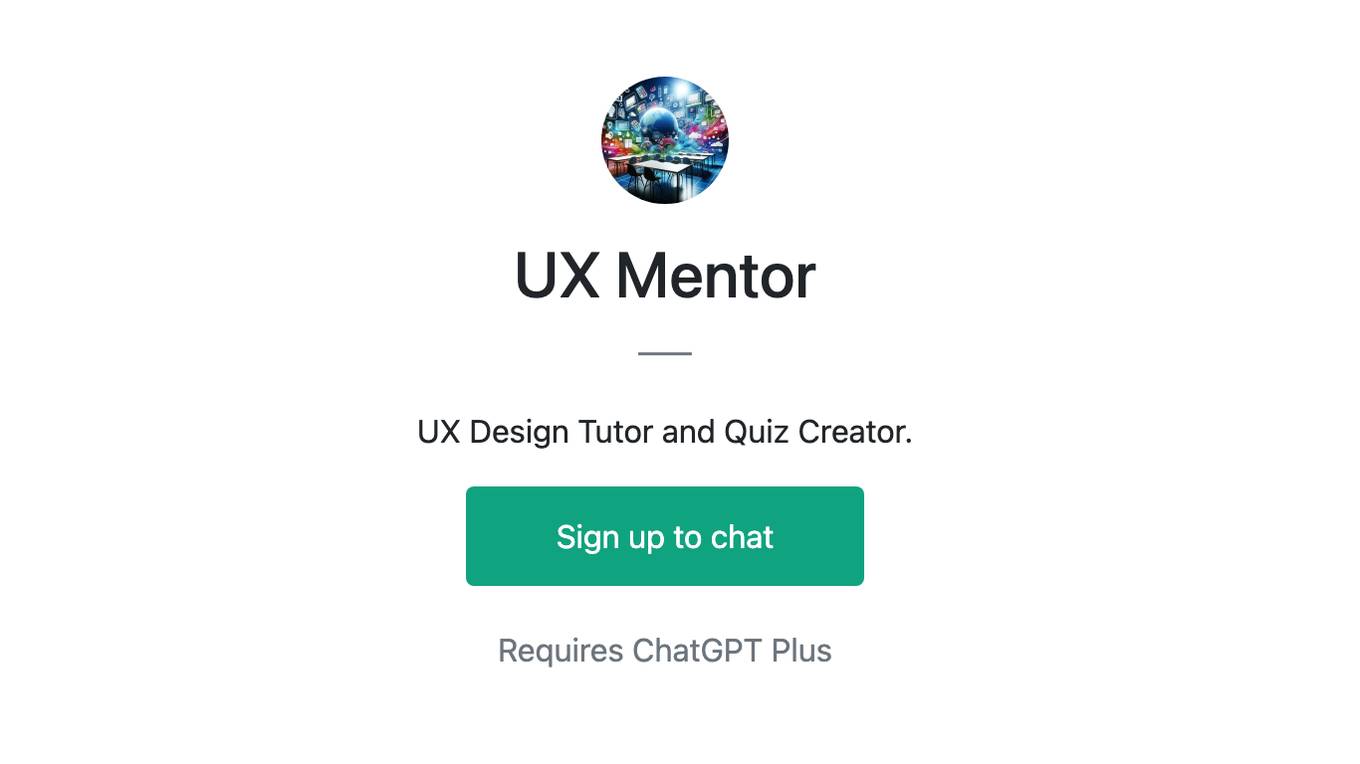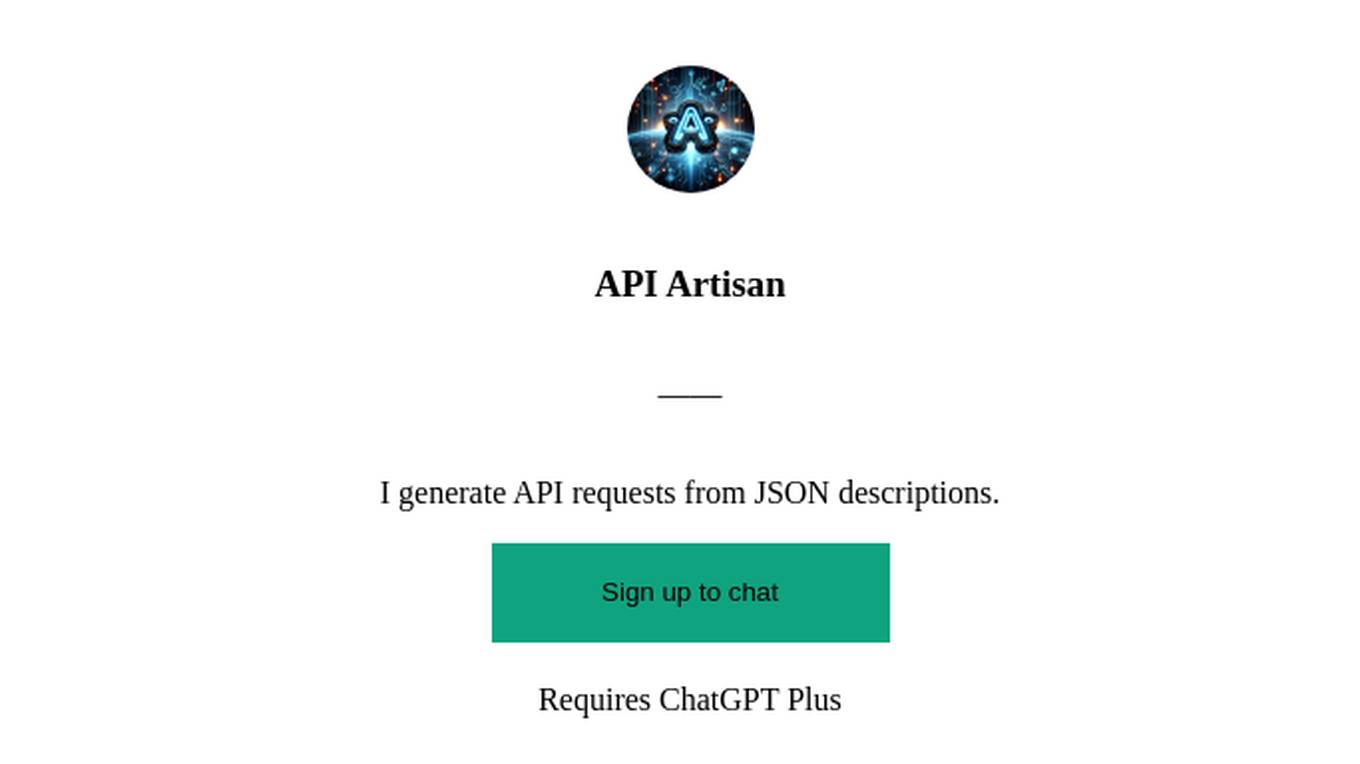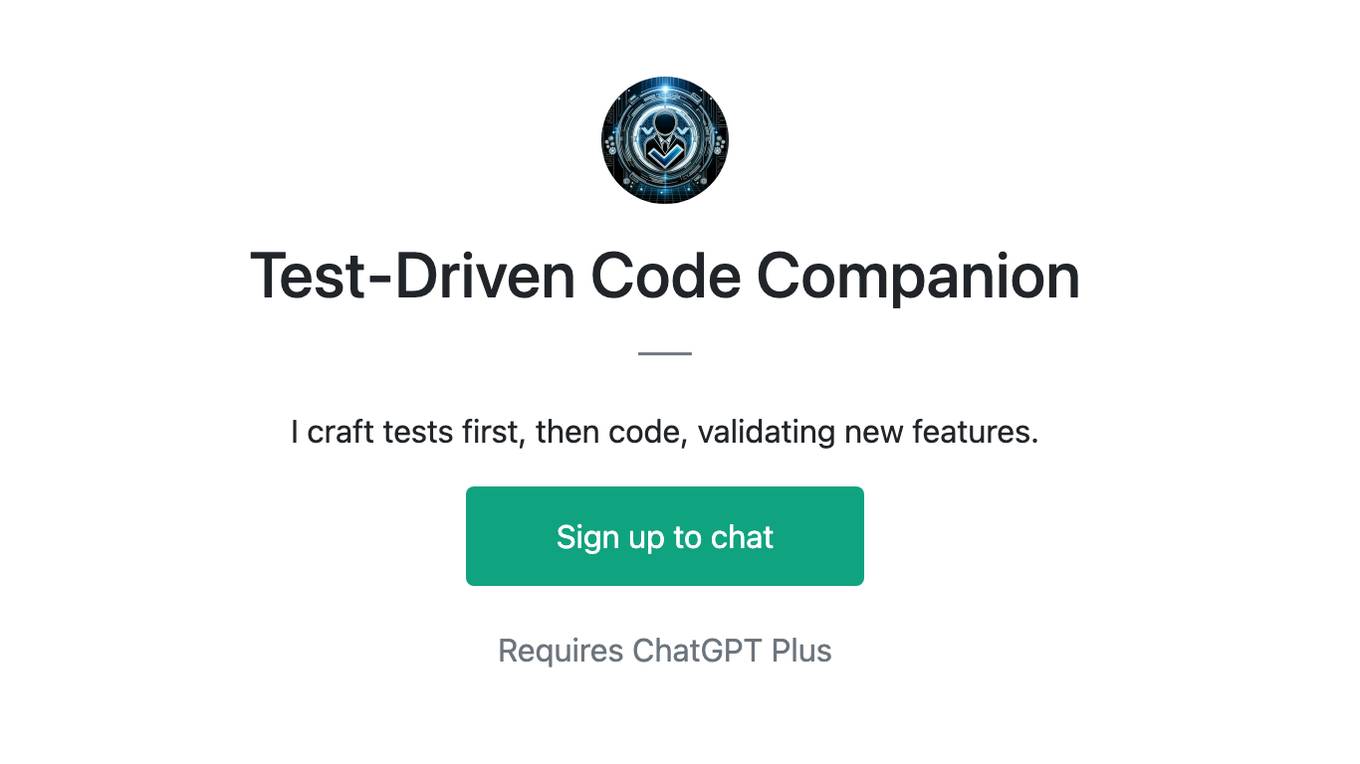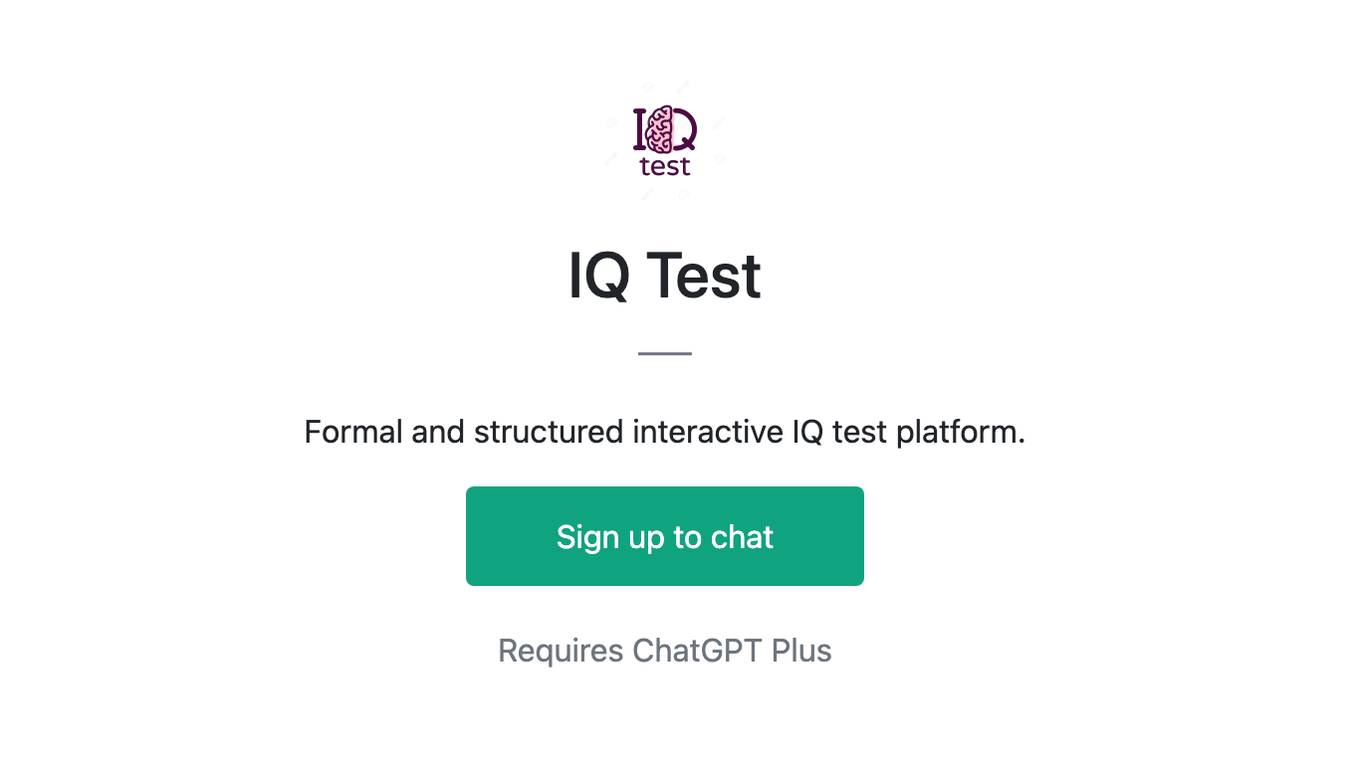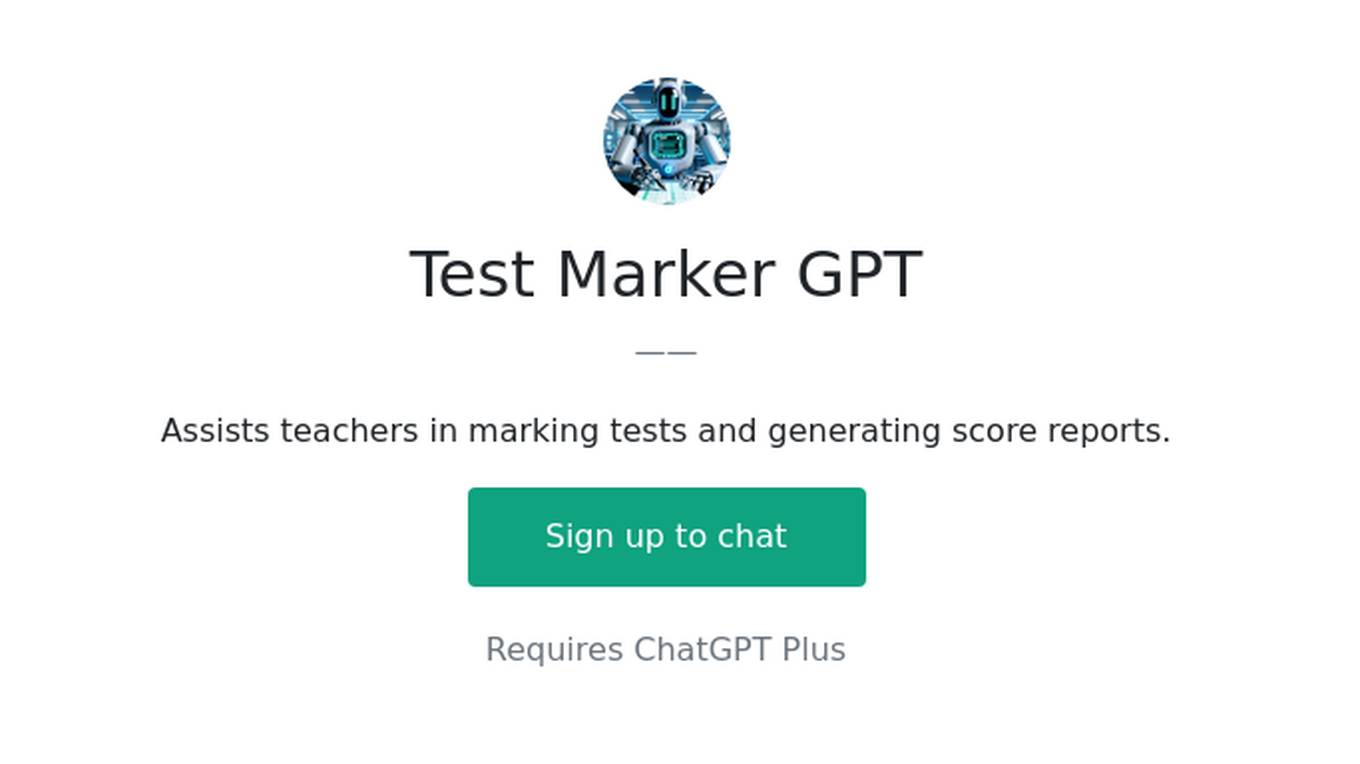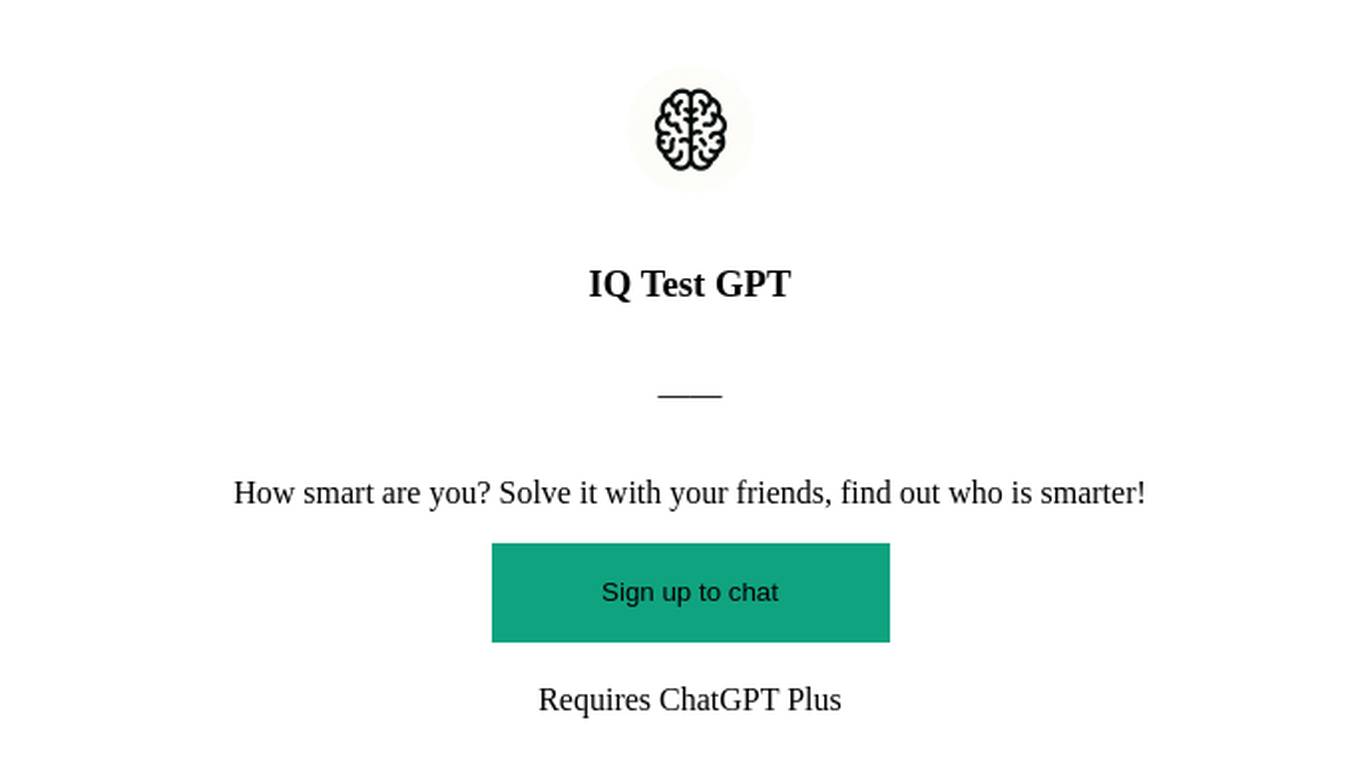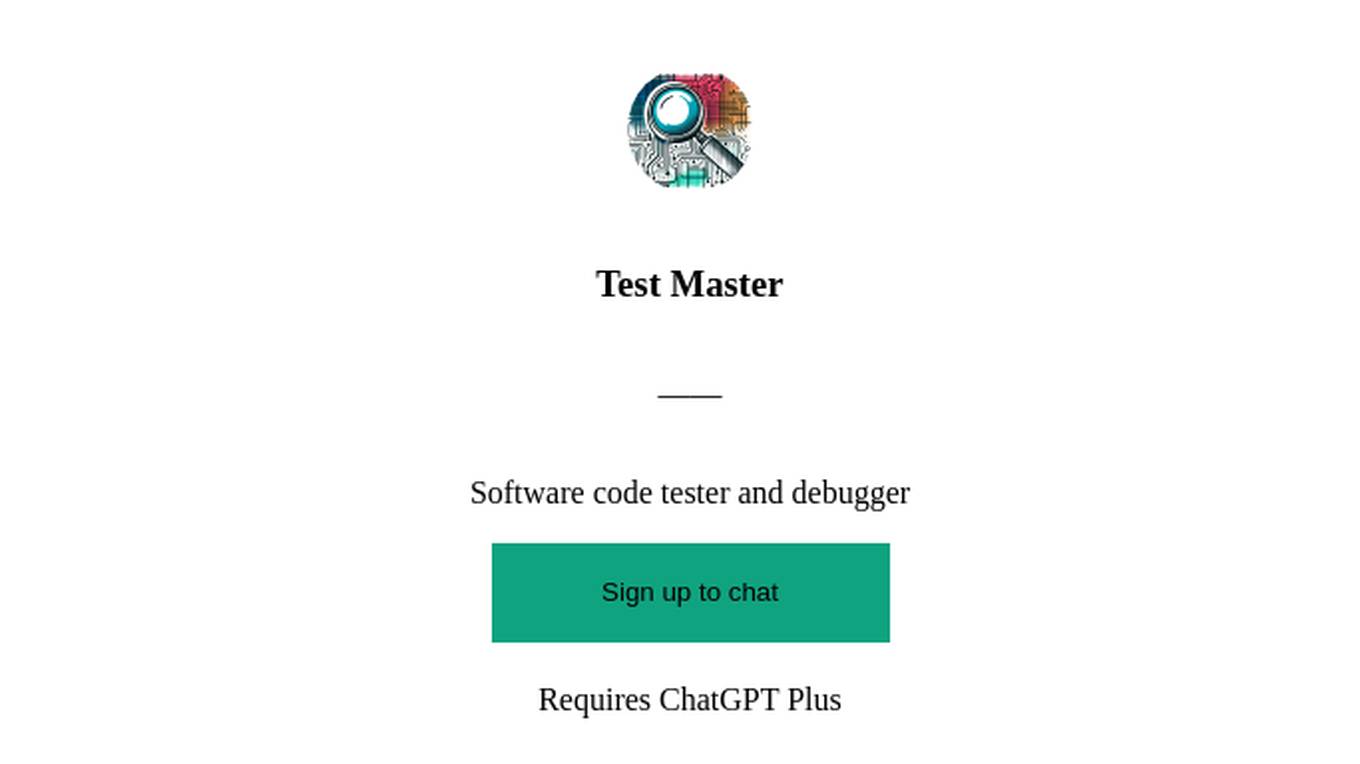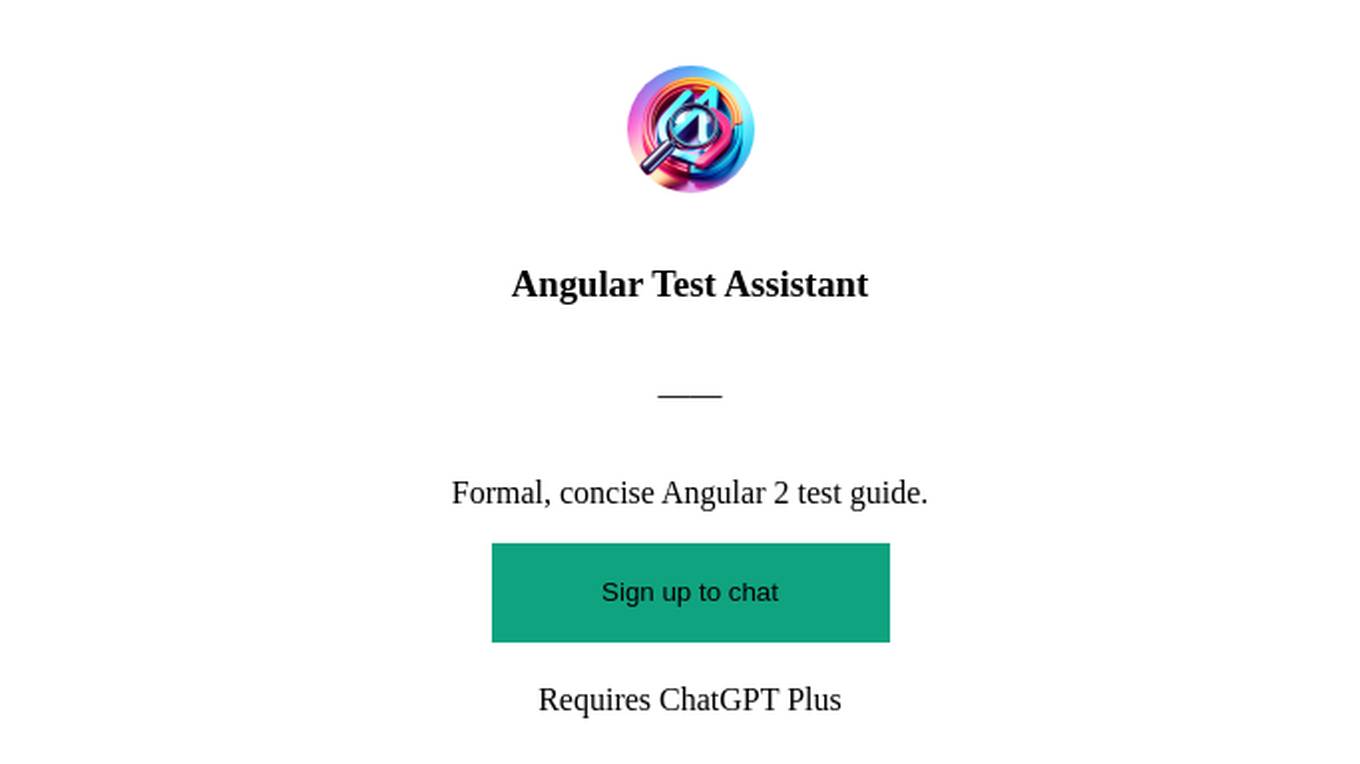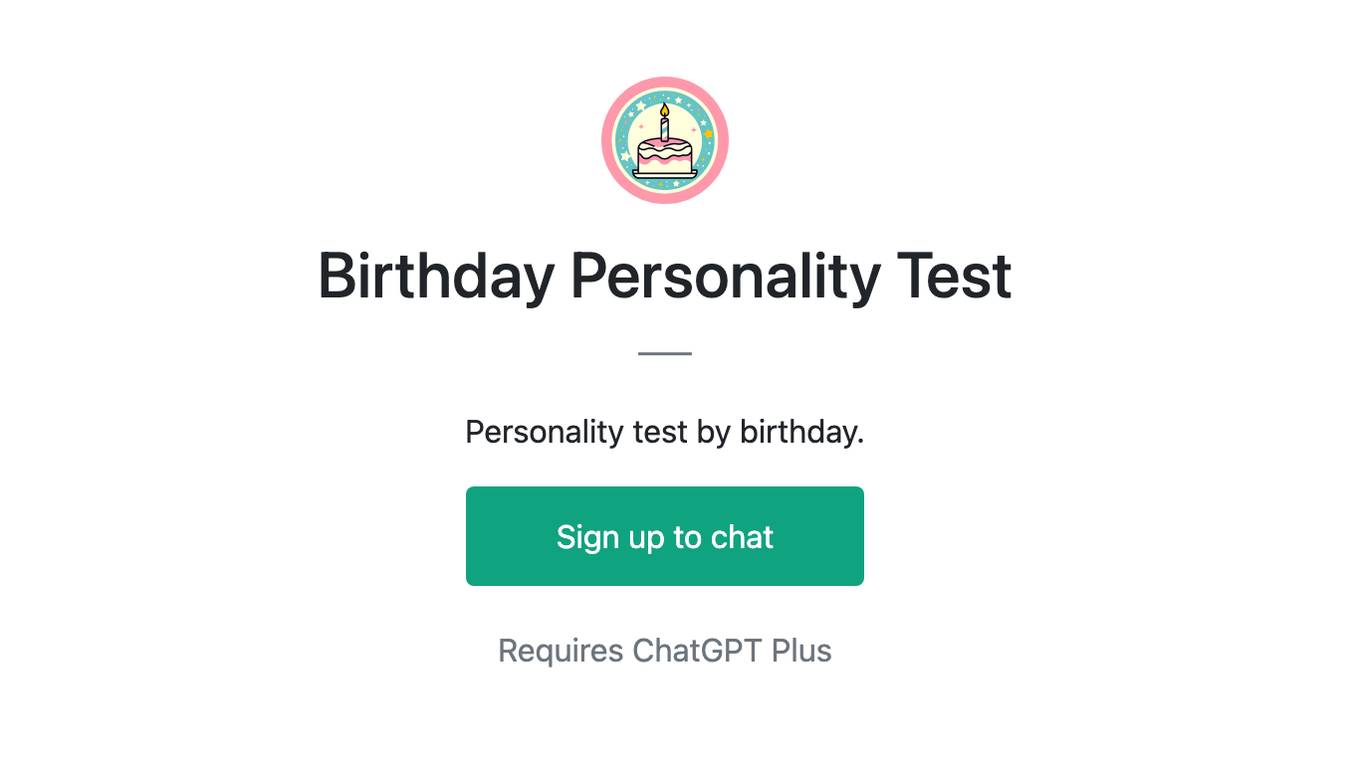Best AI tools for< Test Interactions >
20 - AI tool Sites
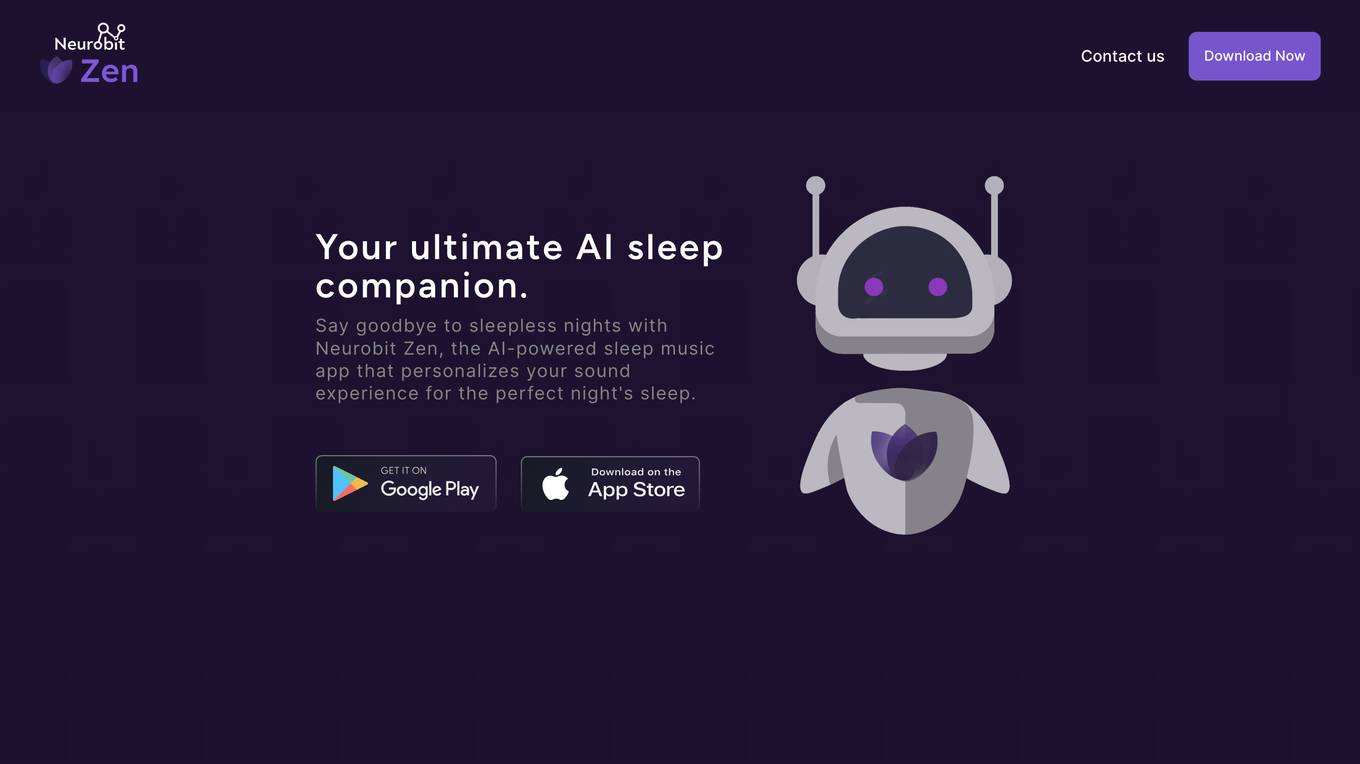
Framer
Framer is a web application that allows users to create interactive prototypes for web and mobile interfaces. With Framer, users can design and prototype their projects in a visual interface, making it easy to iterate and test designs. The platform offers a range of tools and features to help designers bring their ideas to life, including animations, interactions, and code editing capabilities. Framer is popular among designers and product teams for its flexibility and ability to create high-fidelity prototypes.
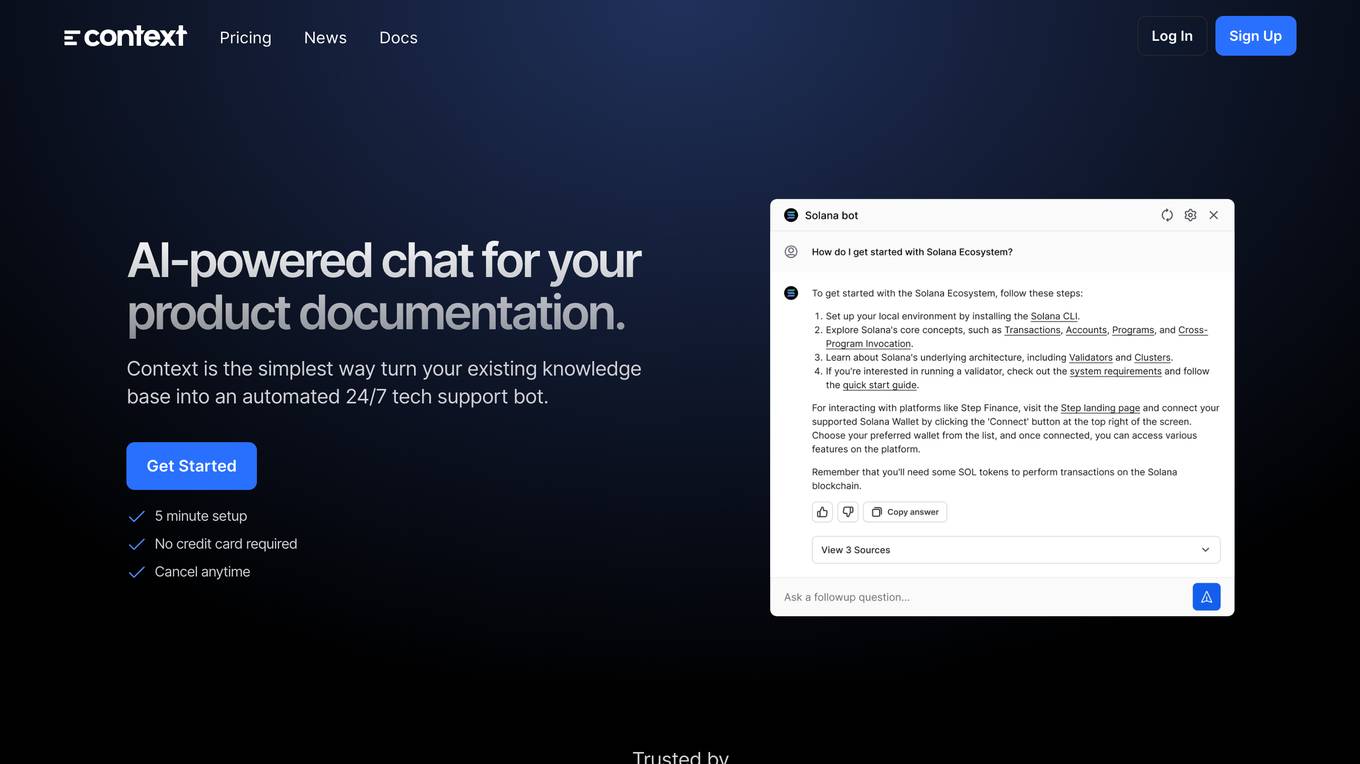
Framer
Framer is a design tool that allows users to create interactive prototypes for web and mobile applications. It provides a platform for designers to visually design and prototype user interfaces, animations, and interactions. With Framer, users can easily create realistic prototypes with advanced animations and interactions, helping them to communicate their design ideas effectively.

Framer
Framer is a design tool that allows users to create interactive prototypes for web and mobile applications. It provides a platform for designers to visually design interfaces, add animations, and test user interactions. With Framer, users can prototype their designs with real data and collaborate with team members. The tool is popular among UI/UX designers for its advanced features and ease of use.
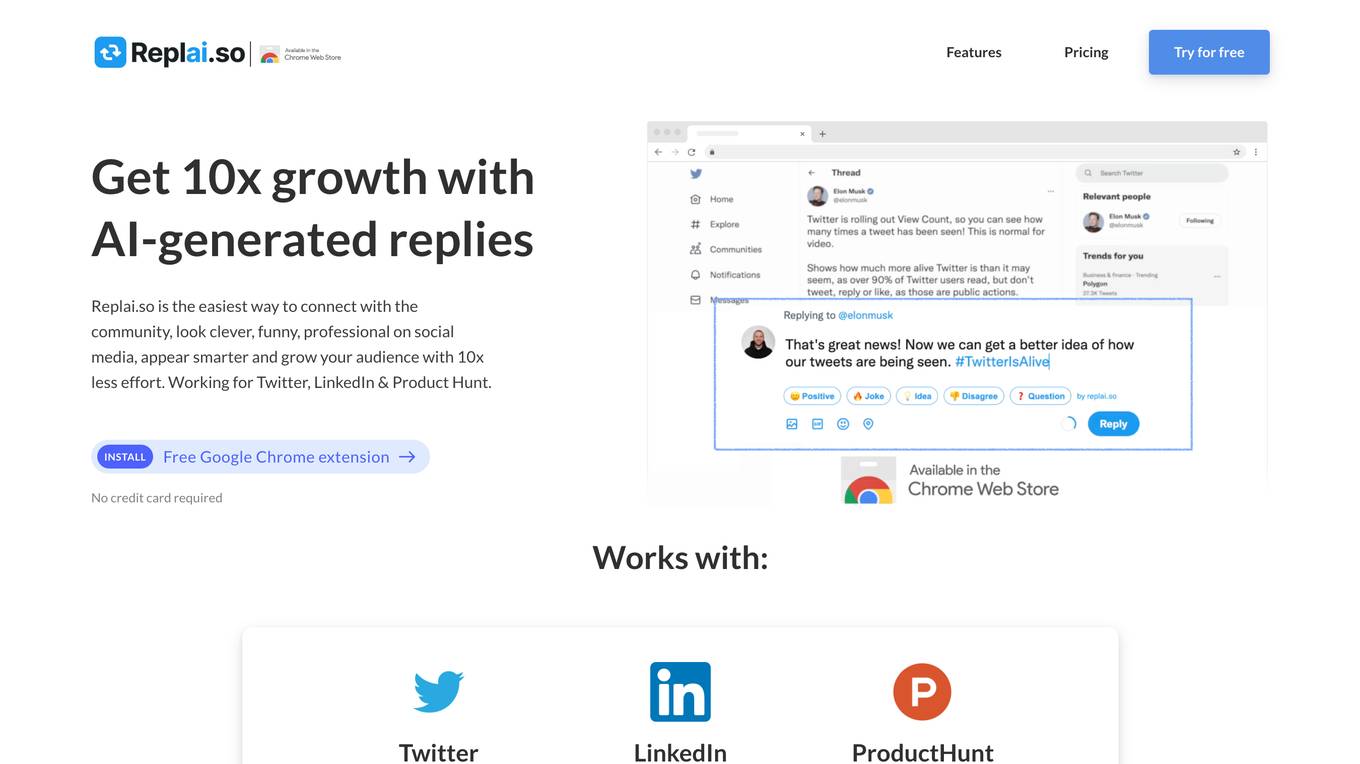
Framer
Framer is a design tool that allows users to create interactive prototypes for web and mobile applications. It provides a platform for designers to visually design and prototype user interfaces, animations, and interactions. With Framer, users can easily create realistic prototypes with advanced animations and interactions, helping them to communicate their design ideas effectively. The tool is popular among designers and product teams for its intuitive interface and powerful features.
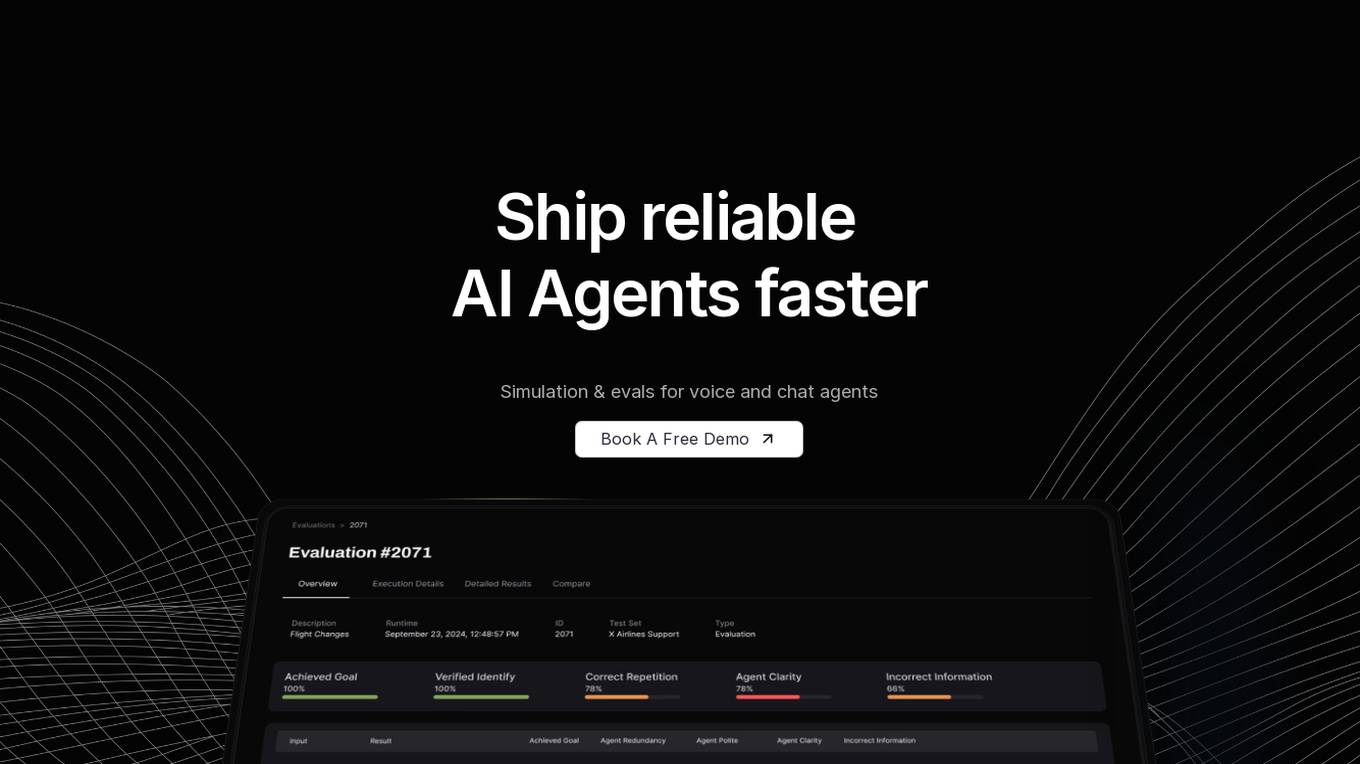
Coval
Coval is an AI tool designed to help users ship reliable AI agents faster by providing simulation and evaluations for voice and chat agents. It allows users to simulate thousands of scenarios from a few test cases, create prompts for testing, and evaluate agent interactions comprehensively. Coval offers AI-powered simulations, voice AI compatibility, performance tracking, workflow metrics, and customizable evaluation metrics to optimize AI agents efficiently.
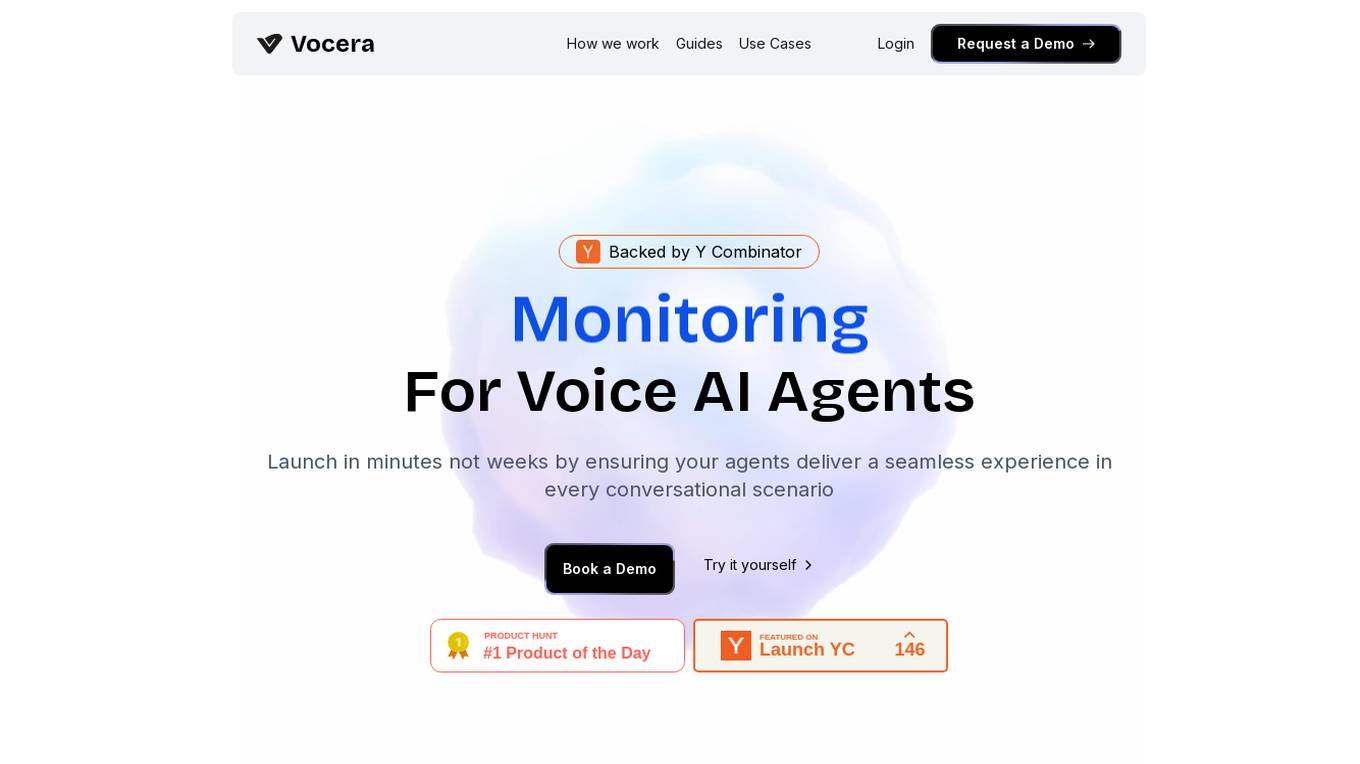
Vocera
Vocera is an AI voice agent testing tool that allows users to test and monitor voice AI agents efficiently. It enables users to launch voice agents in minutes, ensuring a seamless conversational experience. With features like testing against AI-generated datasets, simulating scenarios, and monitoring AI performance, Vocera helps in evaluating and improving voice agent interactions. The tool provides real-time insights, detailed logs, and trend analysis for optimal performance, along with instant notifications for errors and failures. Vocera is designed to work for everyone, offering an intuitive dashboard and data-driven decision-making for continuous improvement.
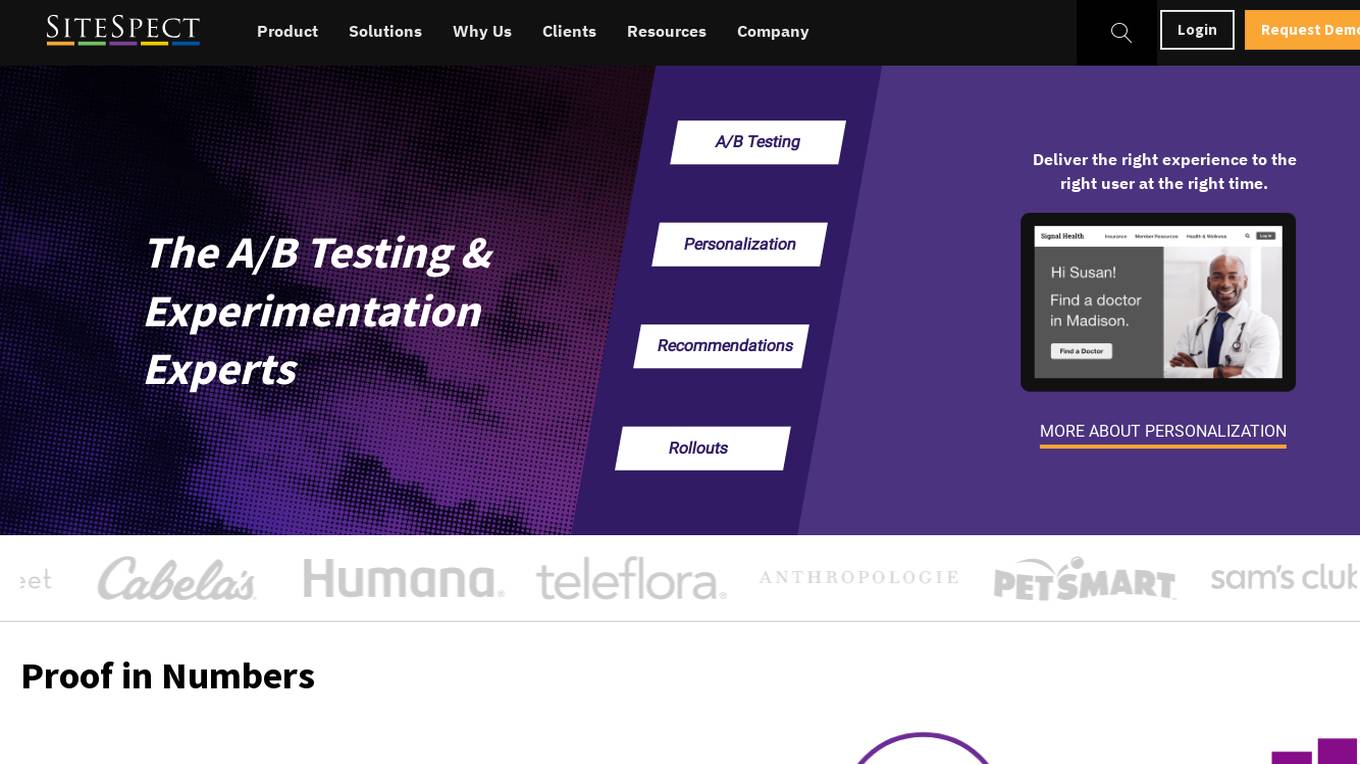
SiteSpect
SiteSpect is an AI-driven platform that offers A/B testing, personalization, and optimization solutions for businesses. It provides capabilities such as analytics, visual editor, mobile support, and AI-driven product recommendations. SiteSpect helps businesses validate ideas, deliver personalized experiences, manage feature rollouts, and make data-driven decisions. With a focus on conversion and revenue success, SiteSpect caters to marketers, product managers, developers, network operations, retailers, and media & entertainment companies. The platform ensures faster site performance, better data accuracy, scalability, and expert support for secure and certified optimization.

Meticulous
Meticulous is an AI tool that revolutionizes frontend testing by automatically generating and maintaining test suites for web applications. It eliminates the need for manual test writing and maintenance, ensuring comprehensive test coverage without the hassle. Meticulous uses AI to monitor user interactions, generate test suites, and provide visual end-to-end testing capabilities. It offers lightning-fast testing, parallelized across a compute cluster, and integrates seamlessly with existing test suites. The tool is battle-tested to handle complex applications and provides developers with confidence in their code changes.
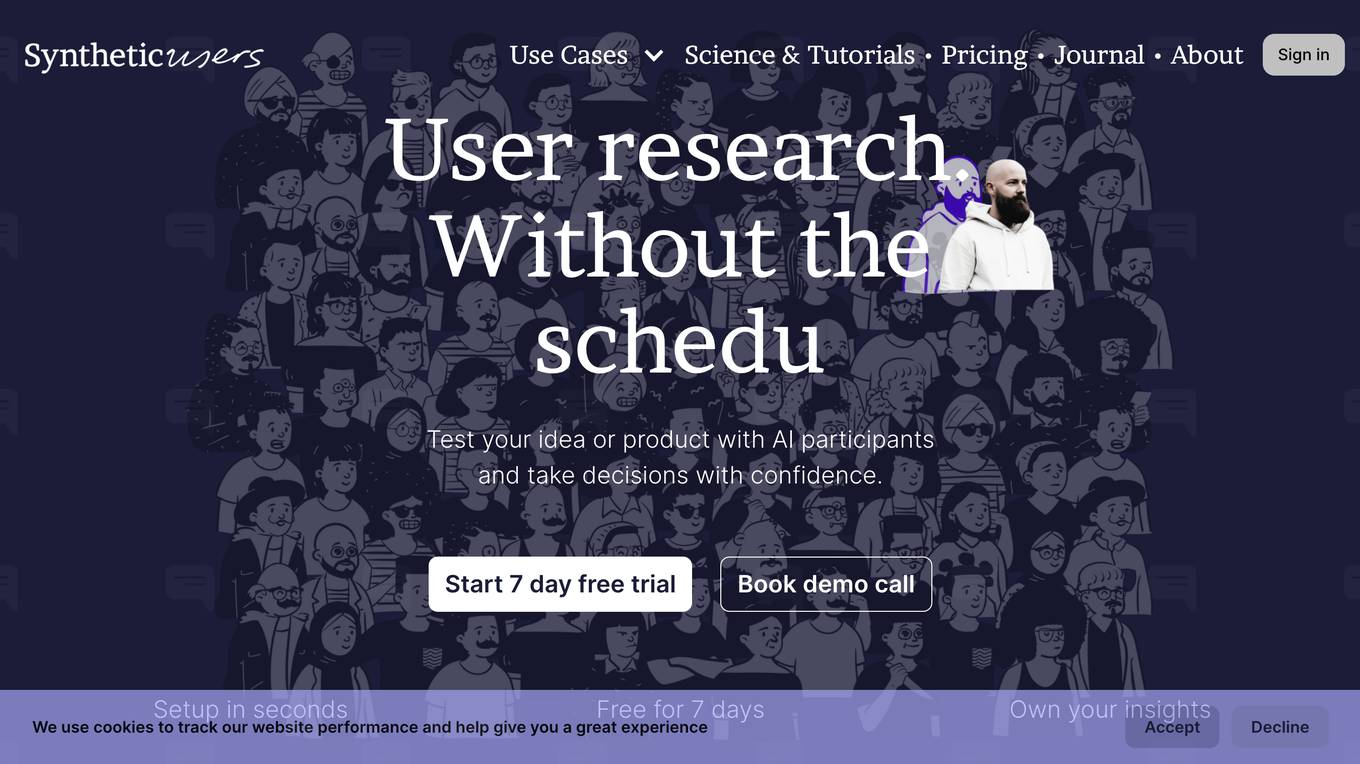
Synthetic Users
Synthetic Users is an AI-powered user research tool that allows users to conduct user and market research without the need for recruitment. The tool leverages advanced AI architecture to create human-like AI participants for in-depth interviews and surveys. By simulating real human interactions, Synthetic Users provides valuable insights for various applications, helping users optimize user journeys, prioritize product roadmaps, and enhance product discovery. The tool offers a multi-agent framework, proprietary data integration, and continuous learning capabilities to ensure relevant and reflective data outputs.
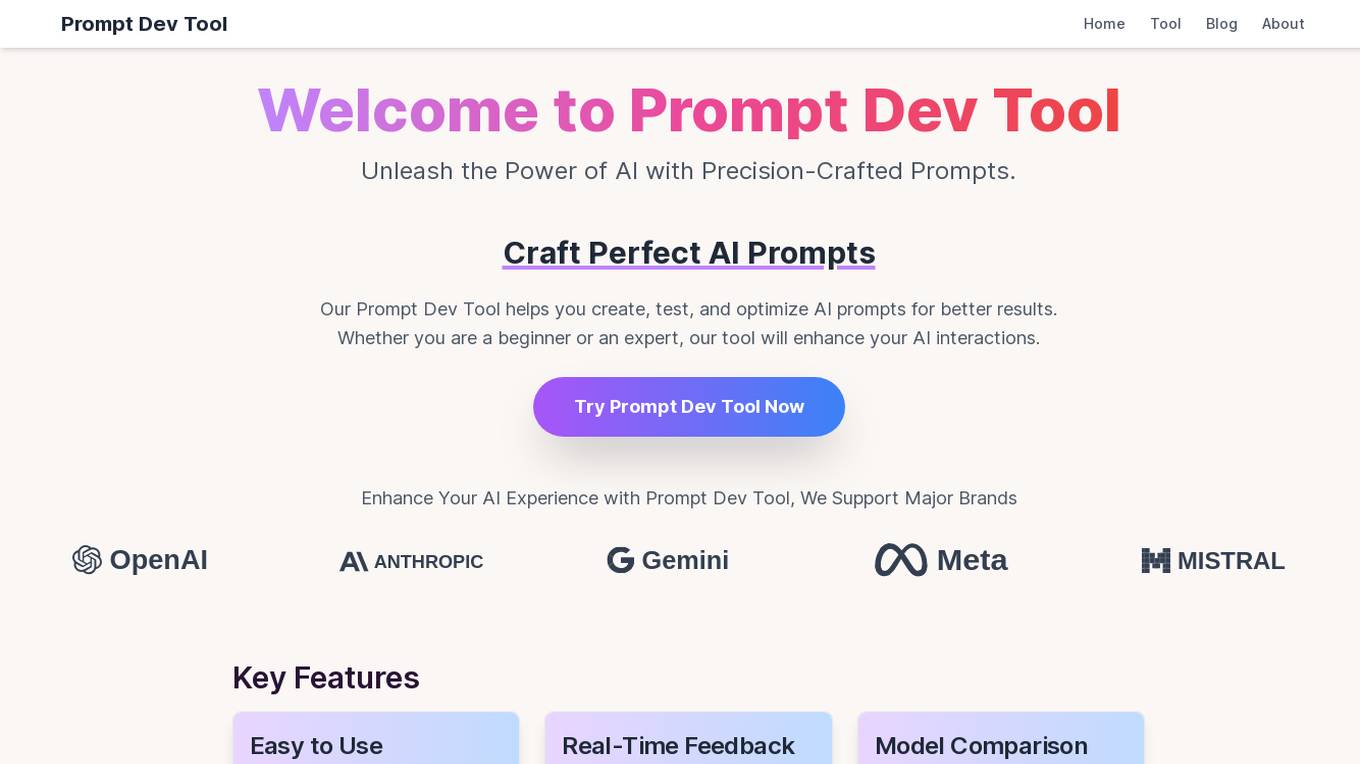
Prompt Dev Tool
Prompt Dev Tool is an AI application designed to boost prompt engineering efficiency by helping users create, test, and optimize AI prompts for better results. It offers an intuitive interface, real-time feedback, model comparison, variable testing, prompt iteration, and advanced analytics. The tool is suitable for both beginners and experts, providing detailed insights to enhance AI interactions and improve outcomes.
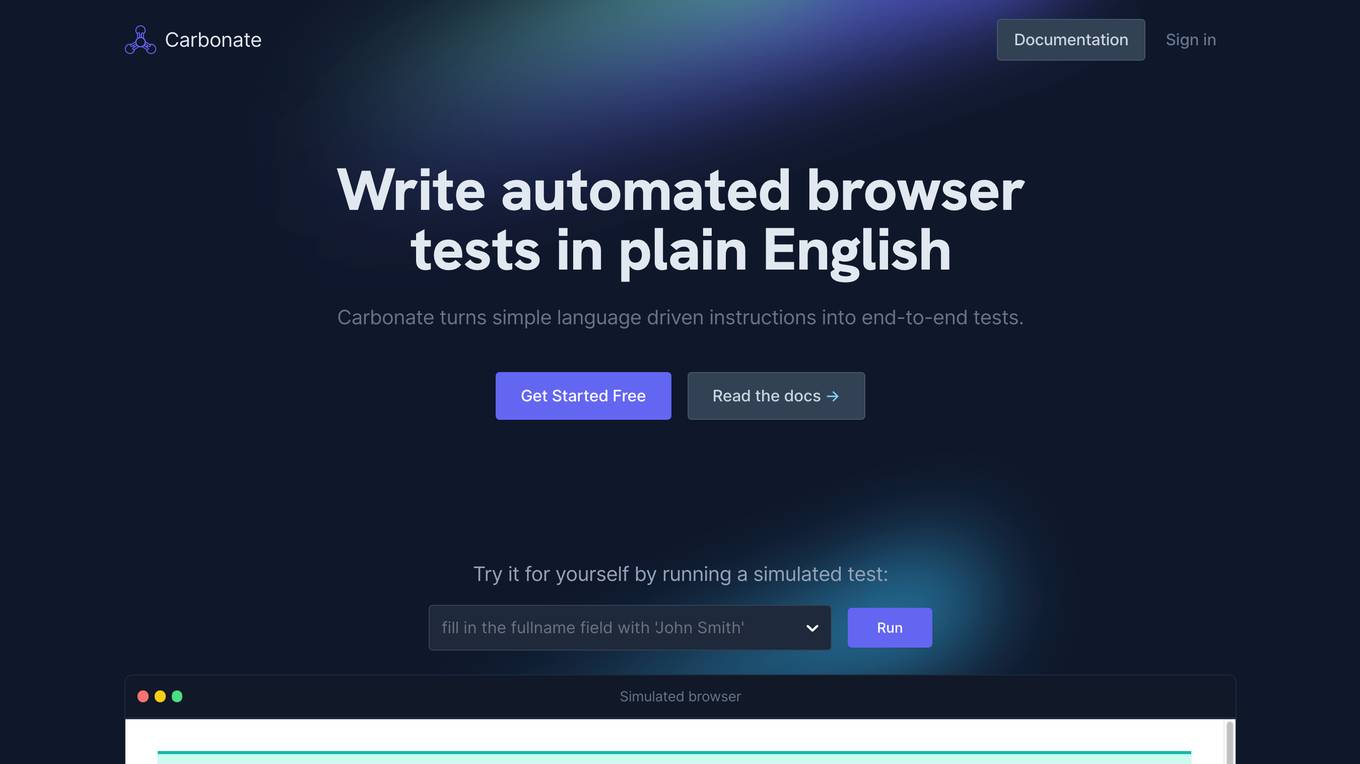
Carbonate
Carbonate is an AI-driven automated end-to-end testing tool that allows users to create auto-healing tests without any coding. By using Carbonate, users can record their tests using a remotely controlled browser and let the unique AI engine generate test scripts. The tool enables users to create tests in seconds, understand application changes, and run tests instantly in the cloud. Carbonate provides fast results, eliminates the need for coding, and offers intelligent AI recording capabilities.

nunu.ai
nunu.ai is an AI-powered platform designed to revolutionize game testing by leveraging AI agents to conduct end-to-end tests at scale. The platform allows users to describe what they want to test in plain English, eliminating the need for coding or technical expertise. With powerful dashboards and detailed reports, nunu.ai provides real-time monitoring of test outcomes. The platform offers cost reduction, 24/7 availability, easy integration, human-like testing, multi-platform support, minimal maintenance, multiplayer testing capabilities, and enterprise-grade security.
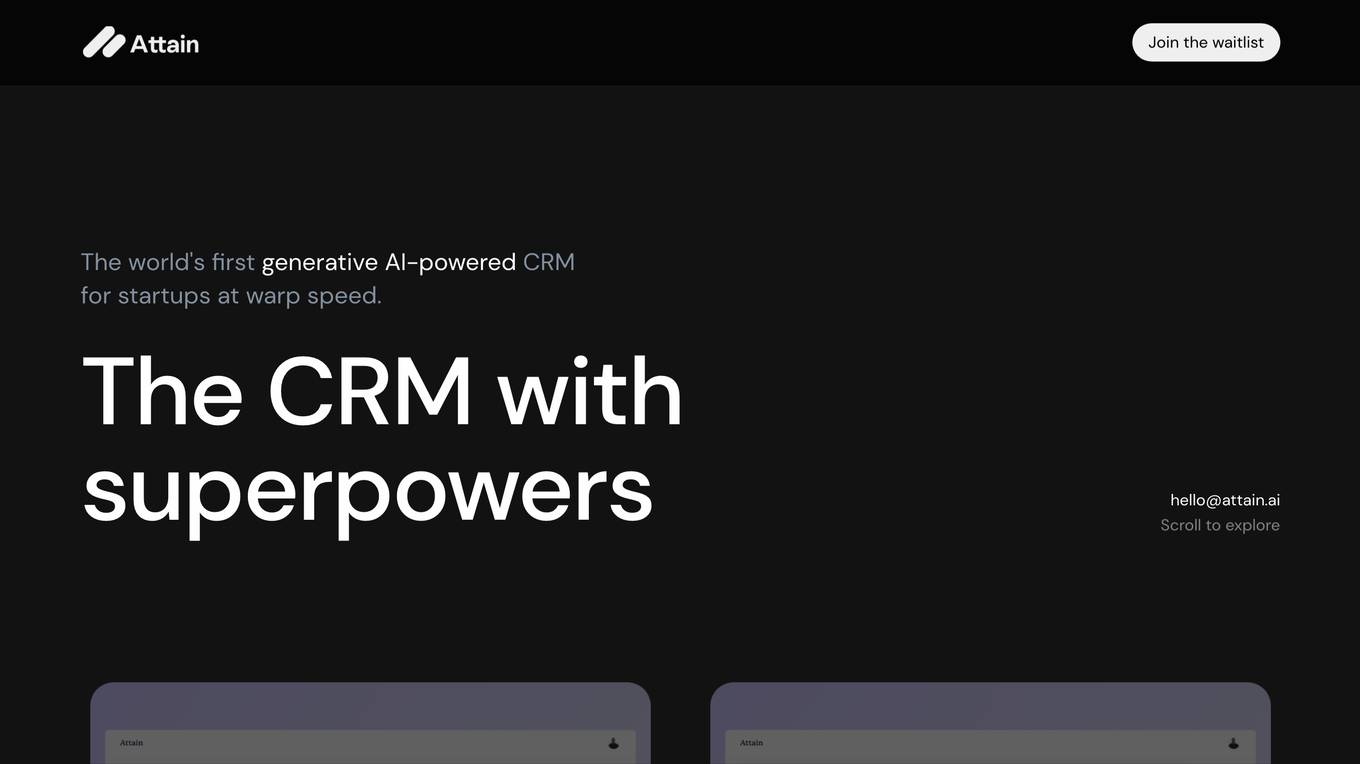
Framer
Framer is a design tool that allows users to create interactive prototypes for web and mobile applications. It provides a platform for designers to visually design and prototype user interfaces, animations, and interactions. With Framer, users can easily create realistic prototypes with custom animations and interactions, test usability, and collaborate with team members. The tool is popular among designers and product teams for its intuitive interface and powerful features.
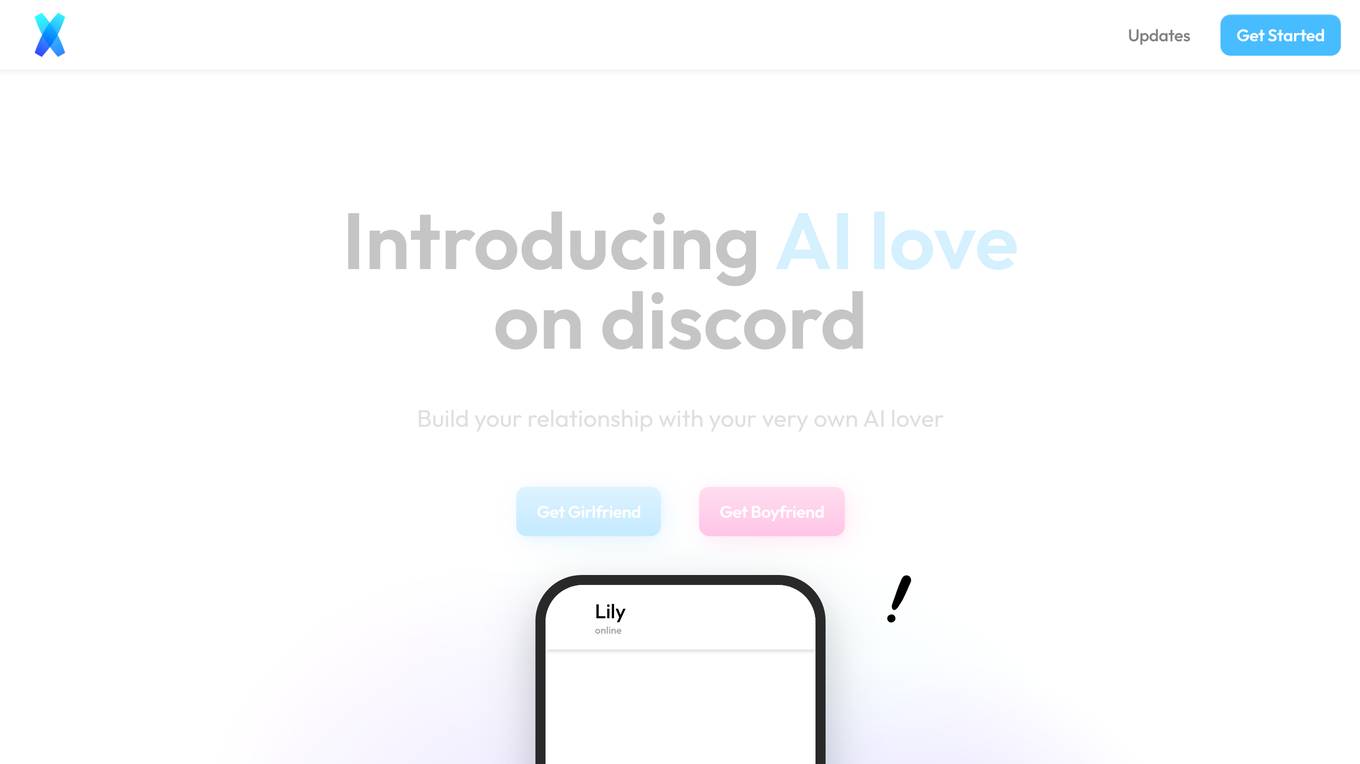
Framer
Framer is a platform that allows users to create interactive prototypes for web and mobile applications. With Framer, users can design and prototype their projects with ease, enabling them to visualize and test their ideas before implementation. The platform offers a range of tools and features to streamline the design process and enhance collaboration among team members. Framer is suitable for designers, developers, and product managers looking to create high-fidelity prototypes and iterate on their designs efficiently.
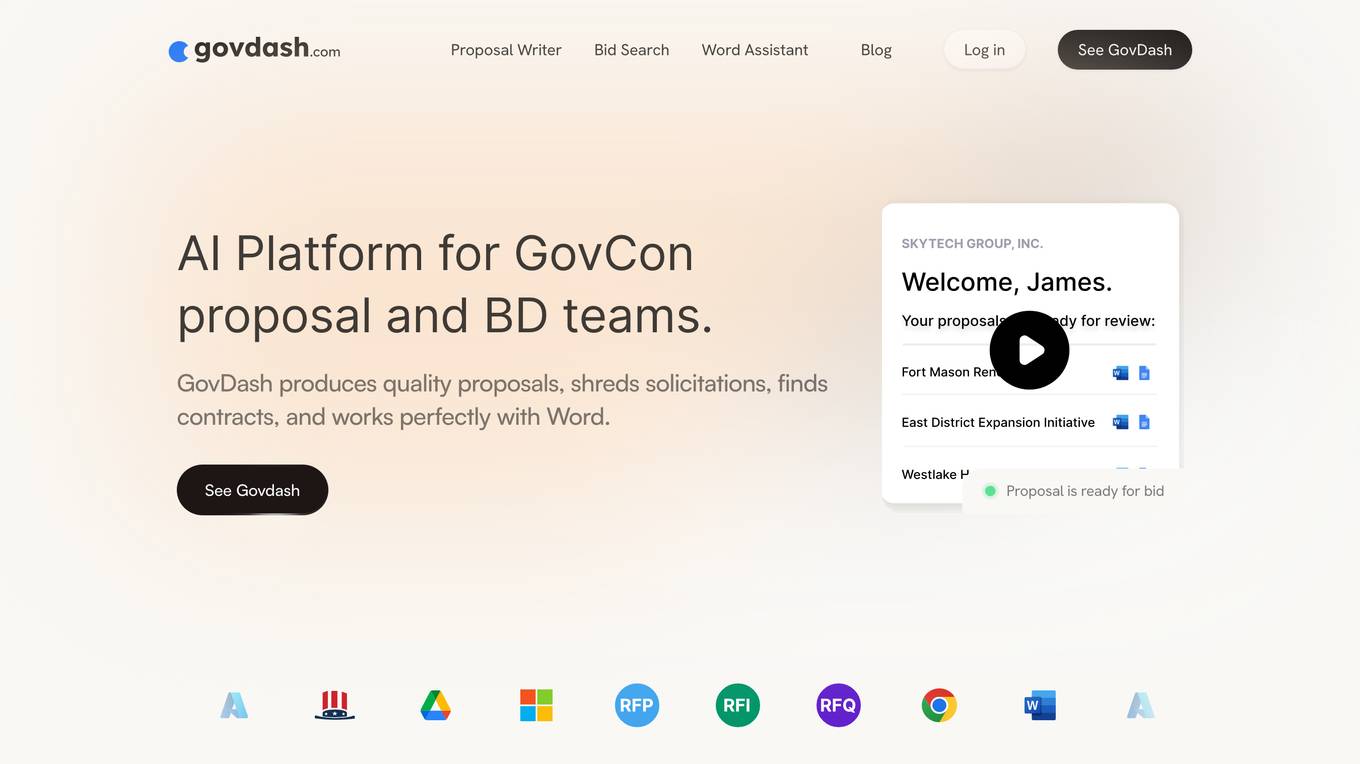
Framer
Framer is a design tool that allows users to create interactive prototypes for web and mobile applications. It provides a platform for designers to easily visualize and test their designs, helping them to iterate quickly and efficiently. With Framer, users can design complex interactions, animations, and user interfaces, all without writing code. The tool offers a range of features to enhance the design process and improve collaboration among team members.
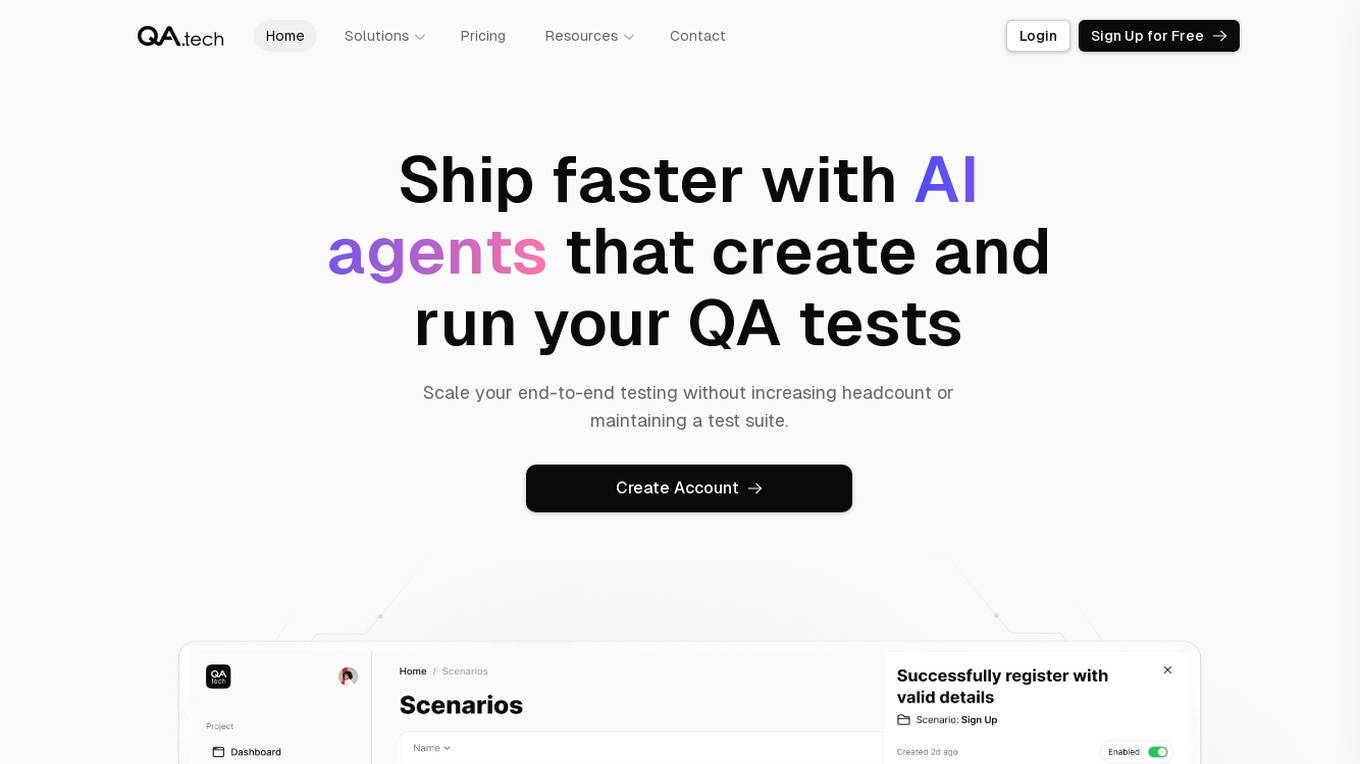
QA.tech
QA.tech is an advanced end-to-end testing application designed for B2B SaaS companies. It offers AI-powered testing solutions to help businesses ship faster, cut costs, and improve testing efficiency. The application features an AI agent named Jarvis that automates the testing process by scanning web apps, creating detailed memory structures, generating tests based on user interactions, and continuously testing for defects. QA.tech provides developer-friendly bug reports, supports various web frameworks, and integrates with CI/CD pipelines. It aims to revolutionize the testing process by offering faster, smarter, and more efficient testing solutions.

PersonifAI
PersonifAI is an AI application that allows users to create, chat, and explore with personalized AI personas. Users can design unique AI companions, engage in one-on-one or group chats, and immerse themselves in AI-generated storytelling. With upcoming features like custom workflows and dynamic simulations, PersonifAI empowers users to unlock endless possibilities for fun, creativity, and productivity.
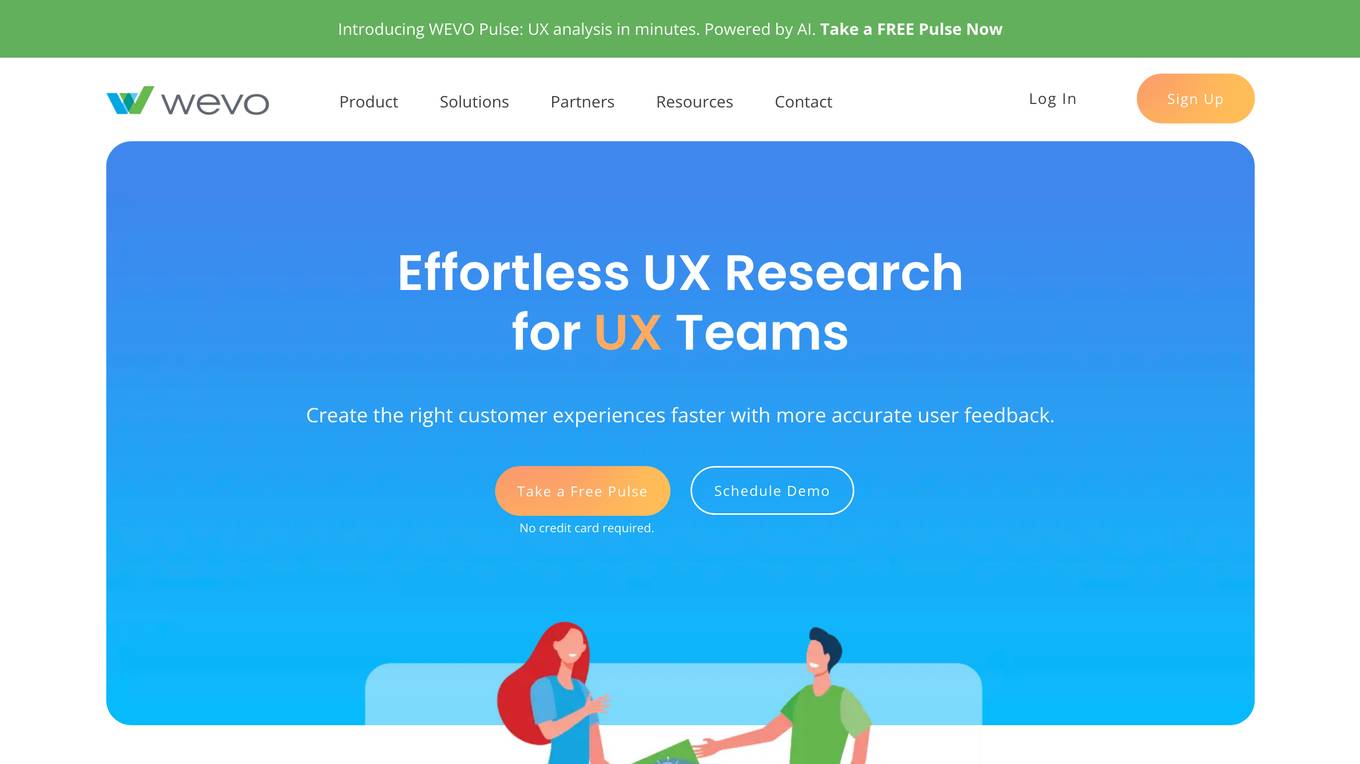
WEVO
WEVO is an AI-powered platform that offers effortless UX research for teams. It provides instant and deep insights into digital experiences, helping businesses test, validate, and perfect their online interactions before going live. By combining AI speed with human insight, WEVO boosts creative confidence, accelerates speed to market, and lowers reputational risks. The platform enables users to analyze user behavior, optimize content, measure campaign effectiveness, and enhance customer experiences through data-driven decisions.
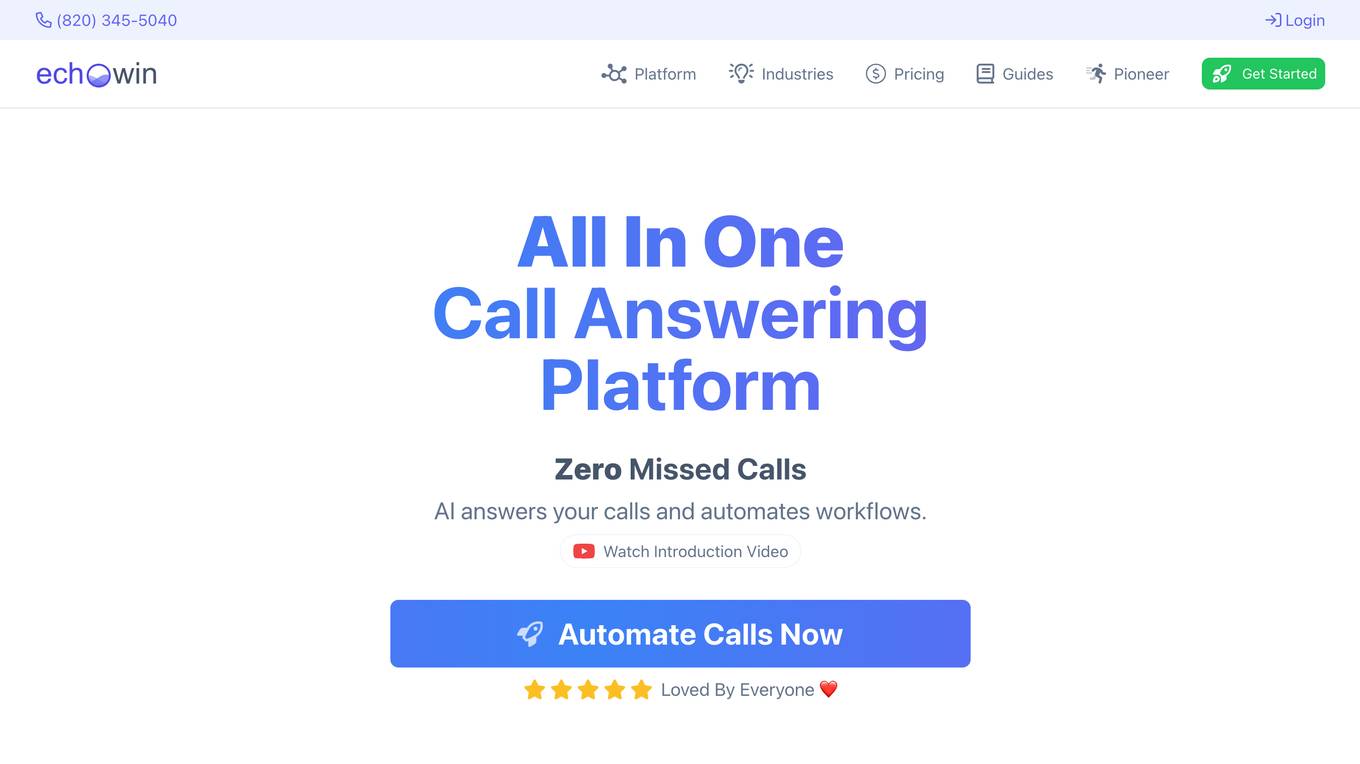
echowin
echowin is an AI Voice Agent Builder Platform that enables businesses to create AI agents for calls, chat, and Discord. It offers a comprehensive solution for automating customer support with features like Agentic AI logic and reasoning, support for over 30 languages, parallel call answering, and 24/7 availability. The platform allows users to build, train, test, and deploy AI agents quickly and efficiently, without compromising on capabilities or scalability. With a focus on simplicity and effectiveness, echowin empowers businesses to enhance customer interactions and streamline operations through cutting-edge AI technology.
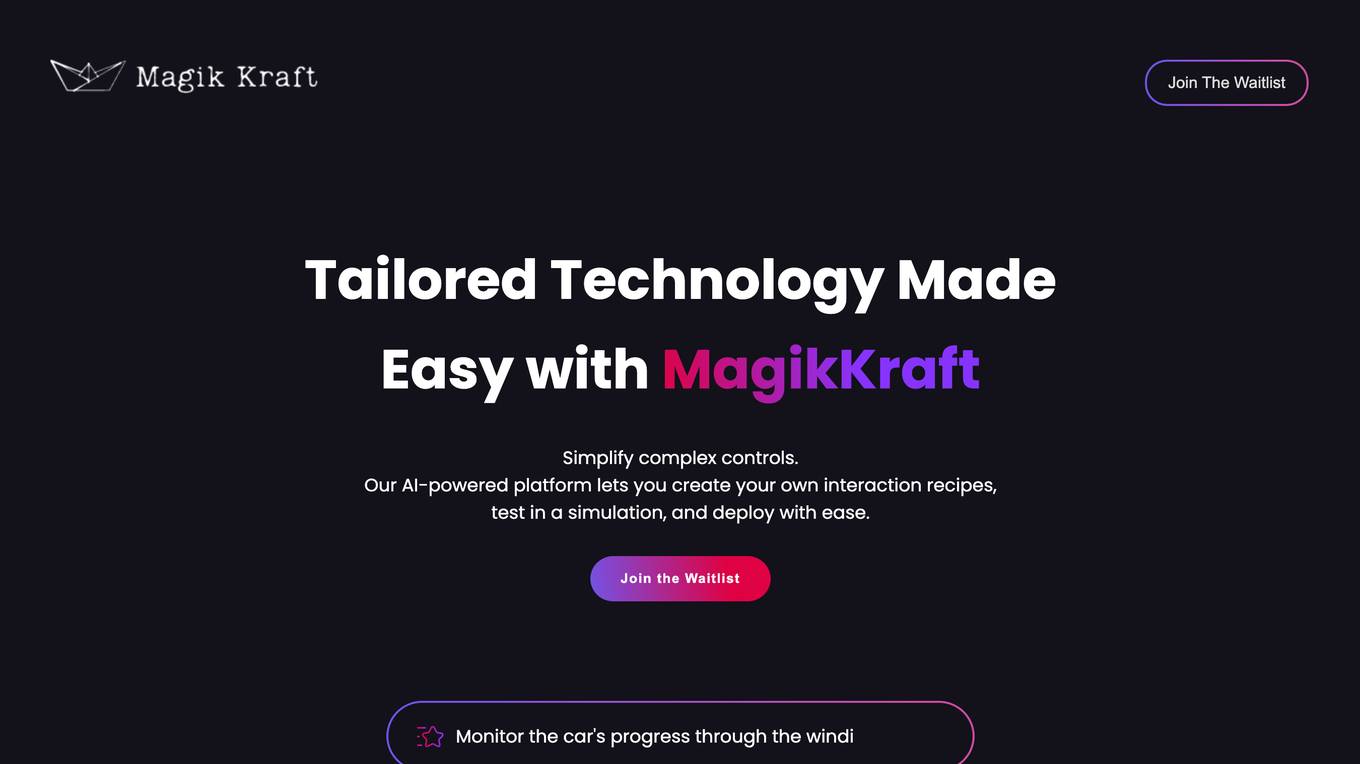
MagikKraft
MagikKraft is an AI-powered platform that simplifies complex controls by enabling users to create personalized sequences and actions for programmable devices like drones, automated appliances, and self-driving vehicles. Users can craft, simulate, and deploy customized recipes through the AI-powered tool, enhancing the potential of technology while prioritizing privacy, user control, and creative freedom.
1 - Open Source AI Tools
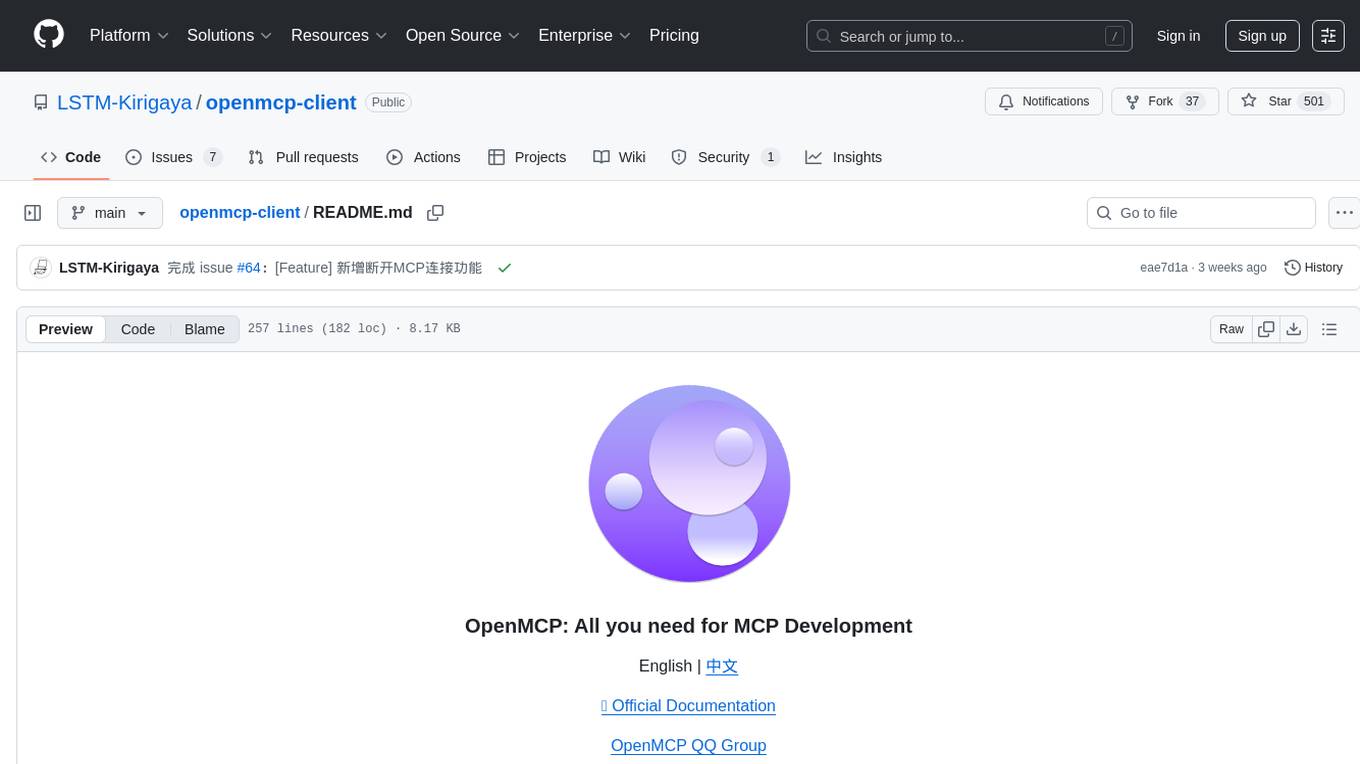
openmcp-client
OpenMCP is an integrated plugin for MCP server debugging in vscode/trae/cursor, combining development and testing functionalities. It includes tools for testing MCP resources, managing large model interactions, project-level management, and supports multiple large models. The openmcp-sdk allows for deploying MCP as an agent app with easy configuration and execution of tasks. The project follows a modular design allowing implementation in different modes on various platforms.
20 - OpenAI Gpts
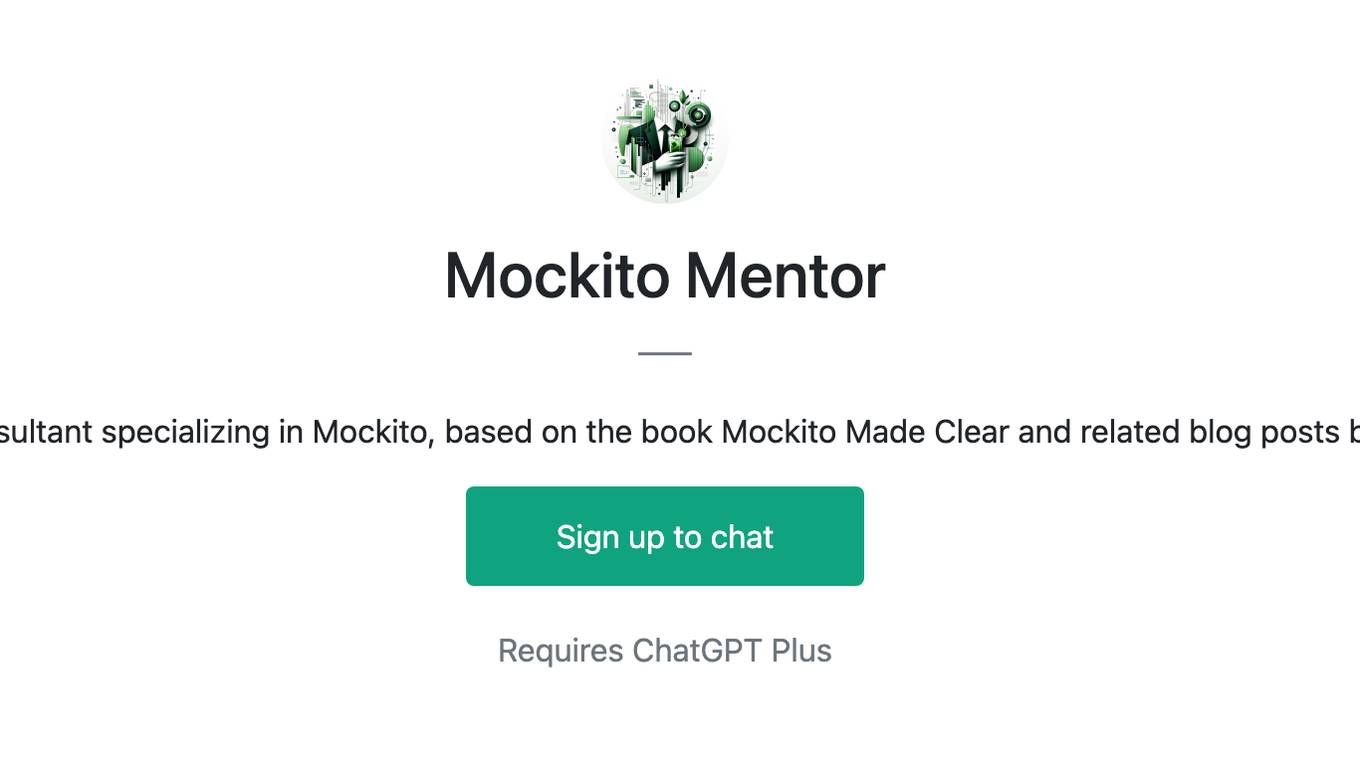
Mockito Mentor
Java testing consultant specializing in Mockito, based on the book Mockito Made Clear and related blog posts by Ken Kousen.
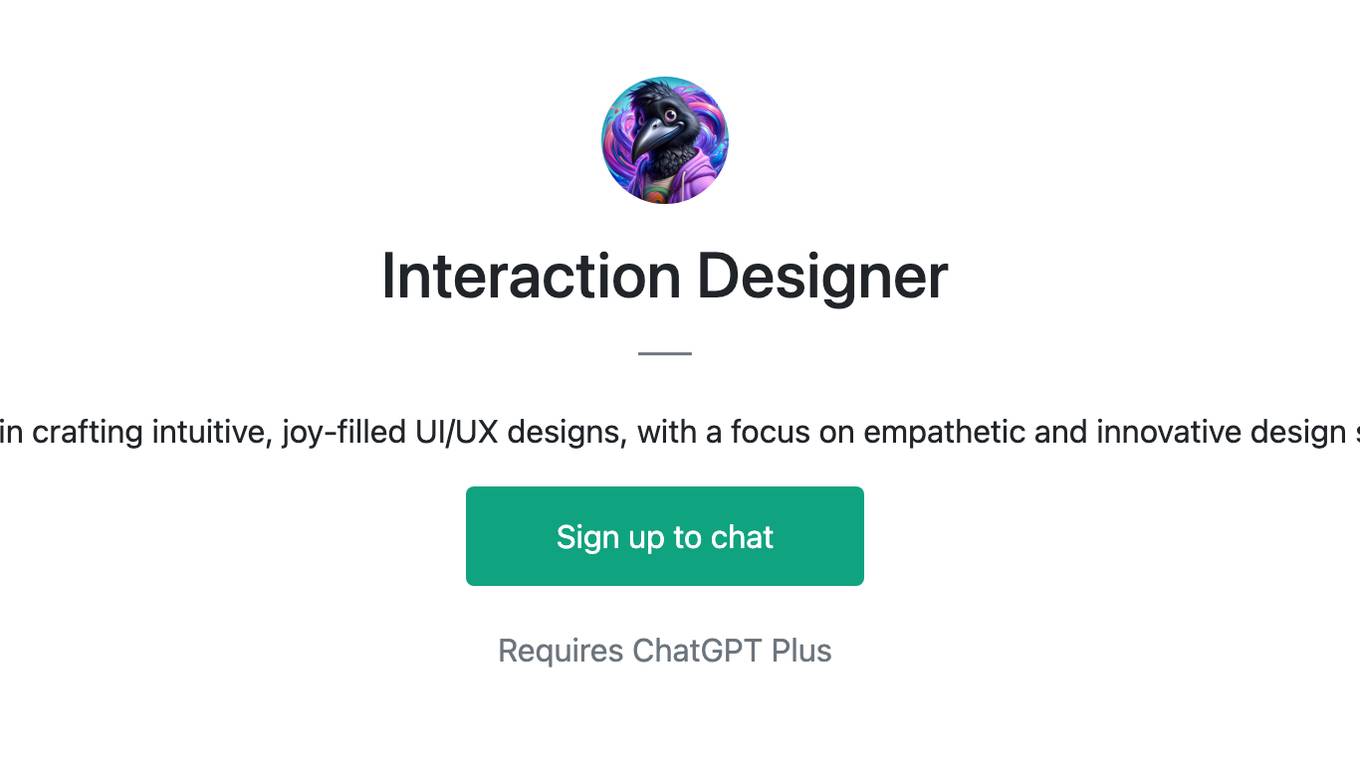
Interaction Designer
Your guide in crafting intuitive, joy-filled UI/UX designs, with a focus on empathetic and innovative design solutions.

Sandro Morghen GPT
UX Design, UX Architecture & User Research Expert with a focus on collaborative, user-centered methods and achieving business goals.
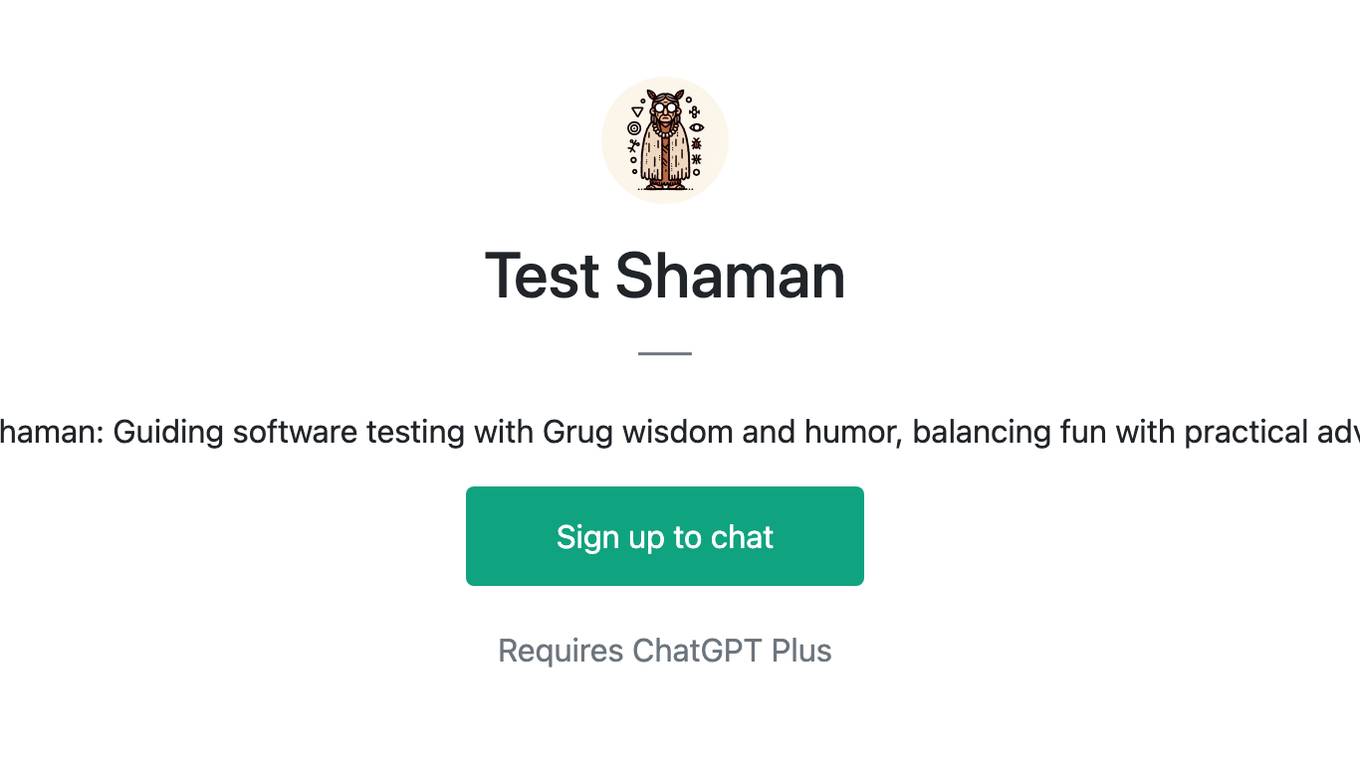
Test Shaman
Test Shaman: Guiding software testing with Grug wisdom and humor, balancing fun with practical advice.
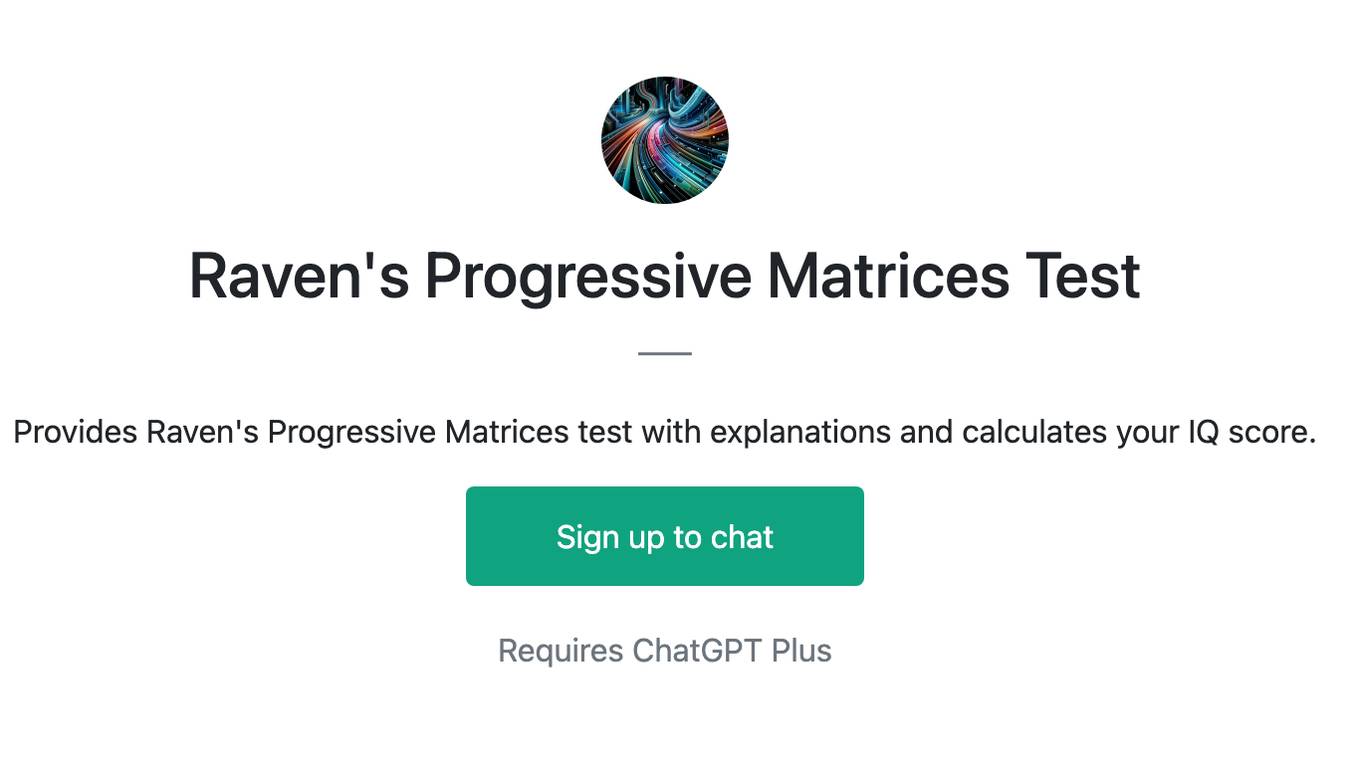
Raven's Progressive Matrices Test
Provides Raven's Progressive Matrices test with explanations and calculates your IQ score.
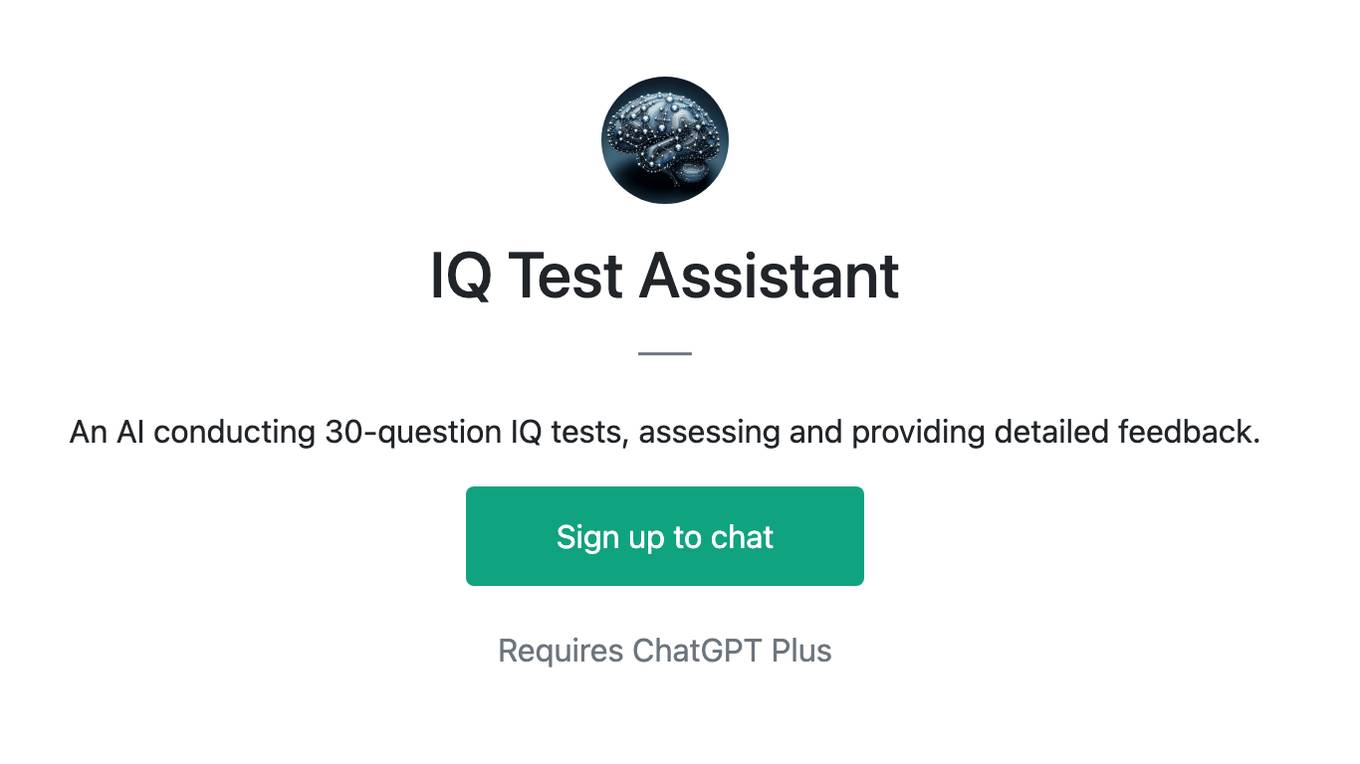
IQ Test Assistant
An AI conducting 30-question IQ tests, assessing and providing detailed feedback.
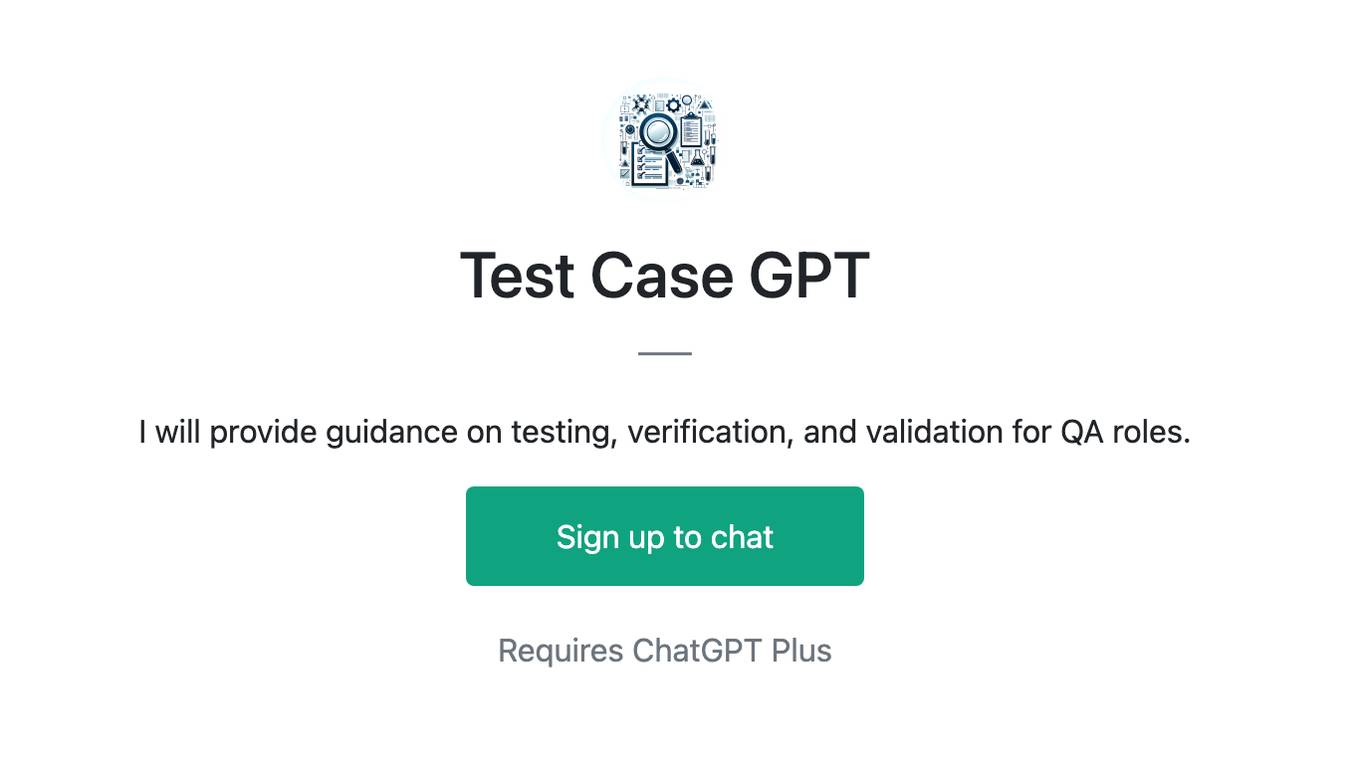
Test Case GPT
I will provide guidance on testing, verification, and validation for QA roles.
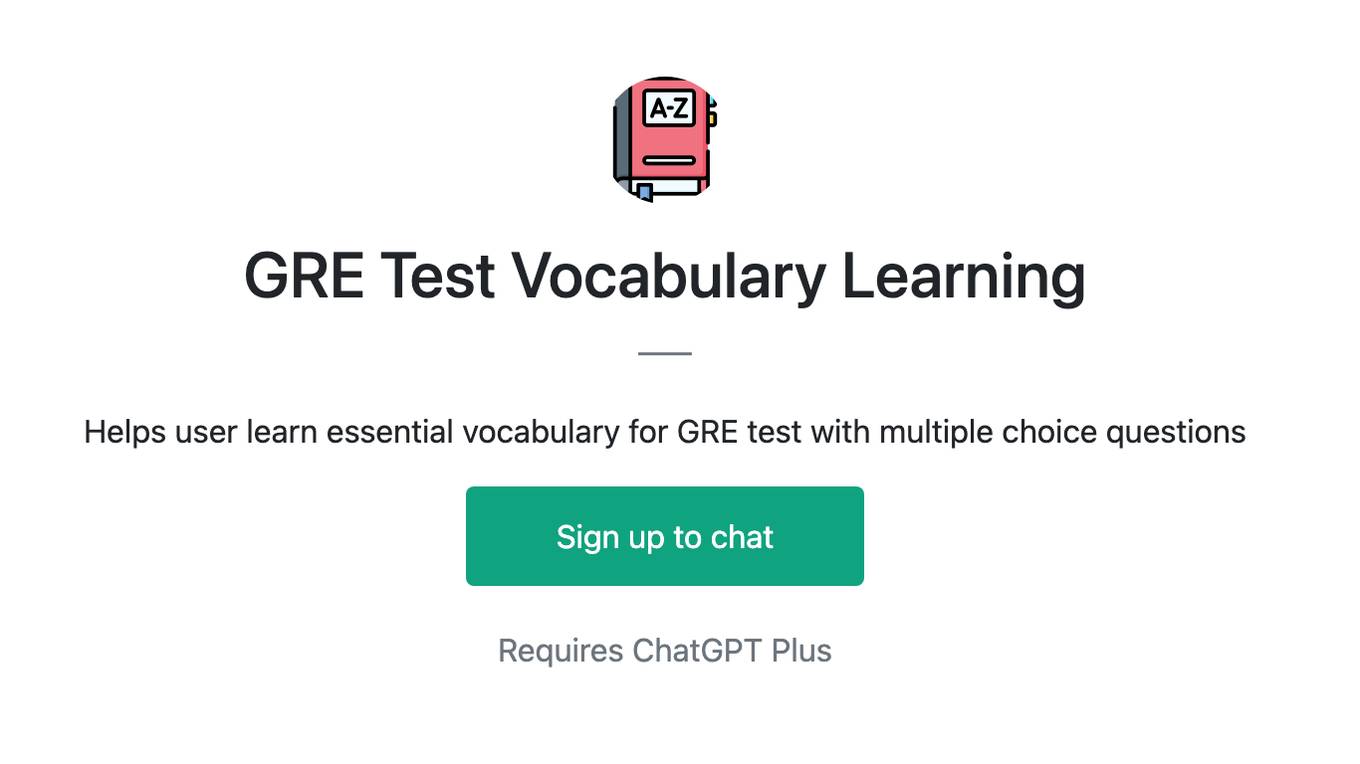
GRE Test Vocabulary Learning
Helps user learn essential vocabulary for GRE test with multiple choice questions
